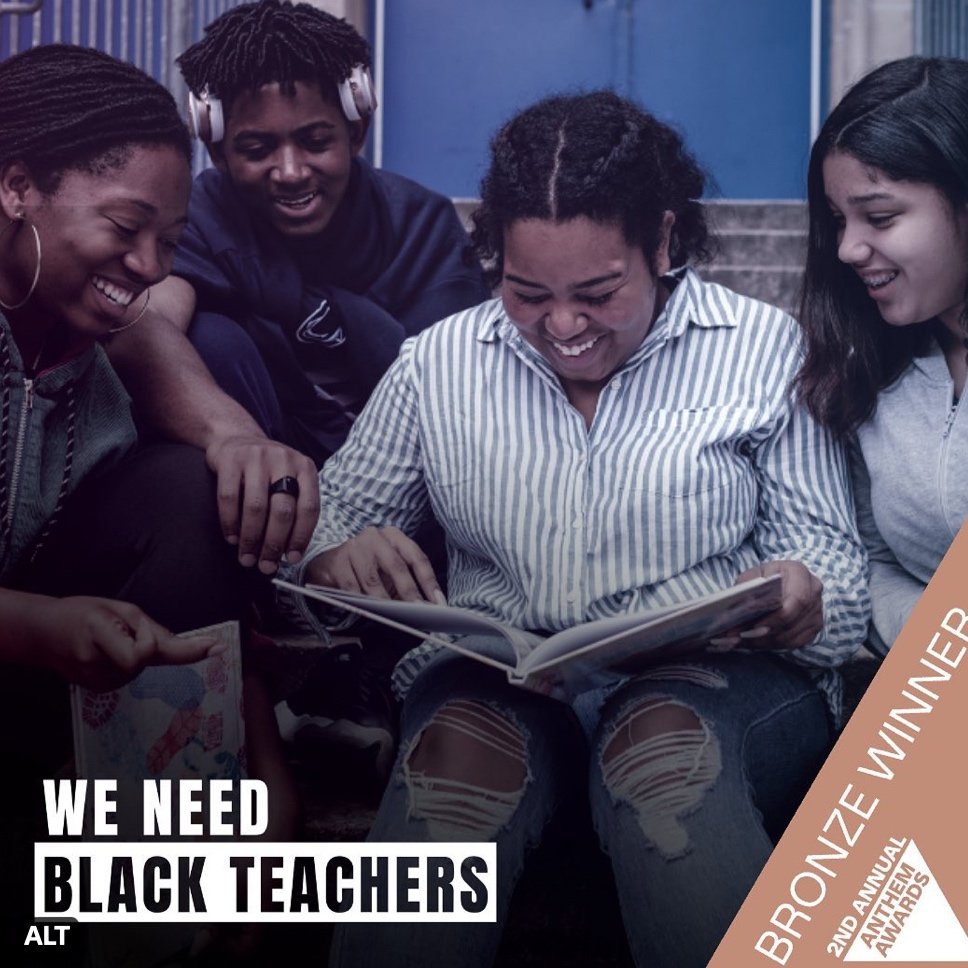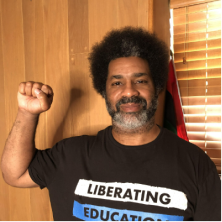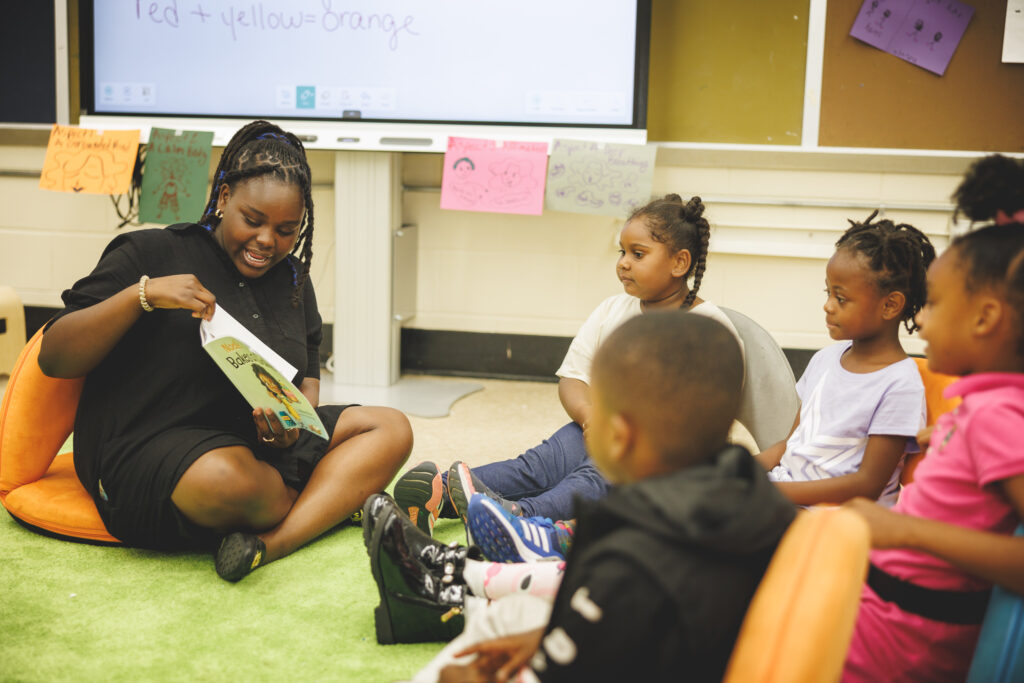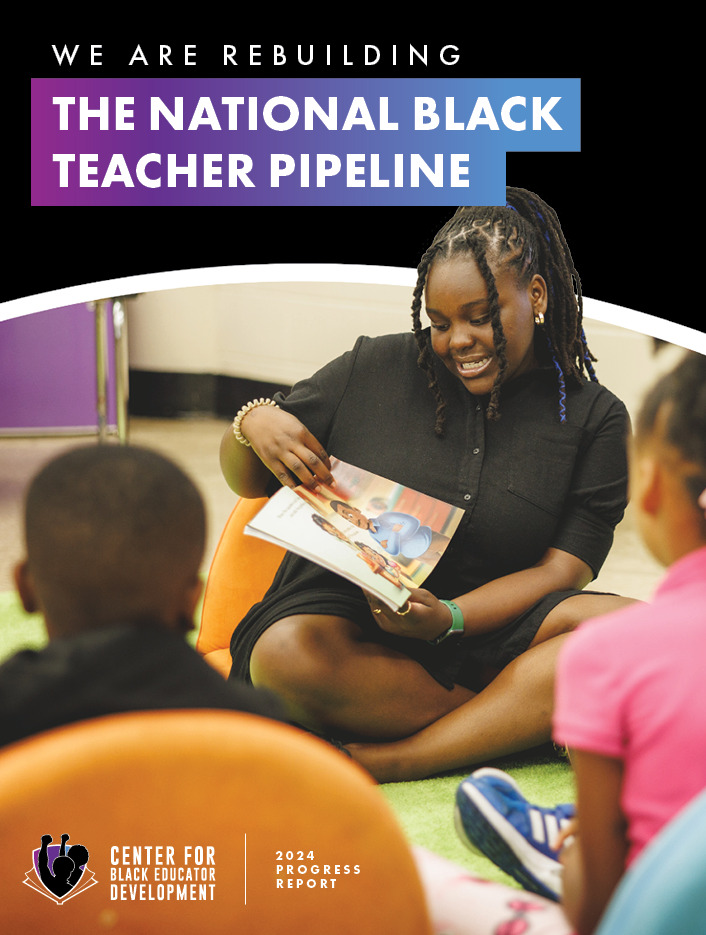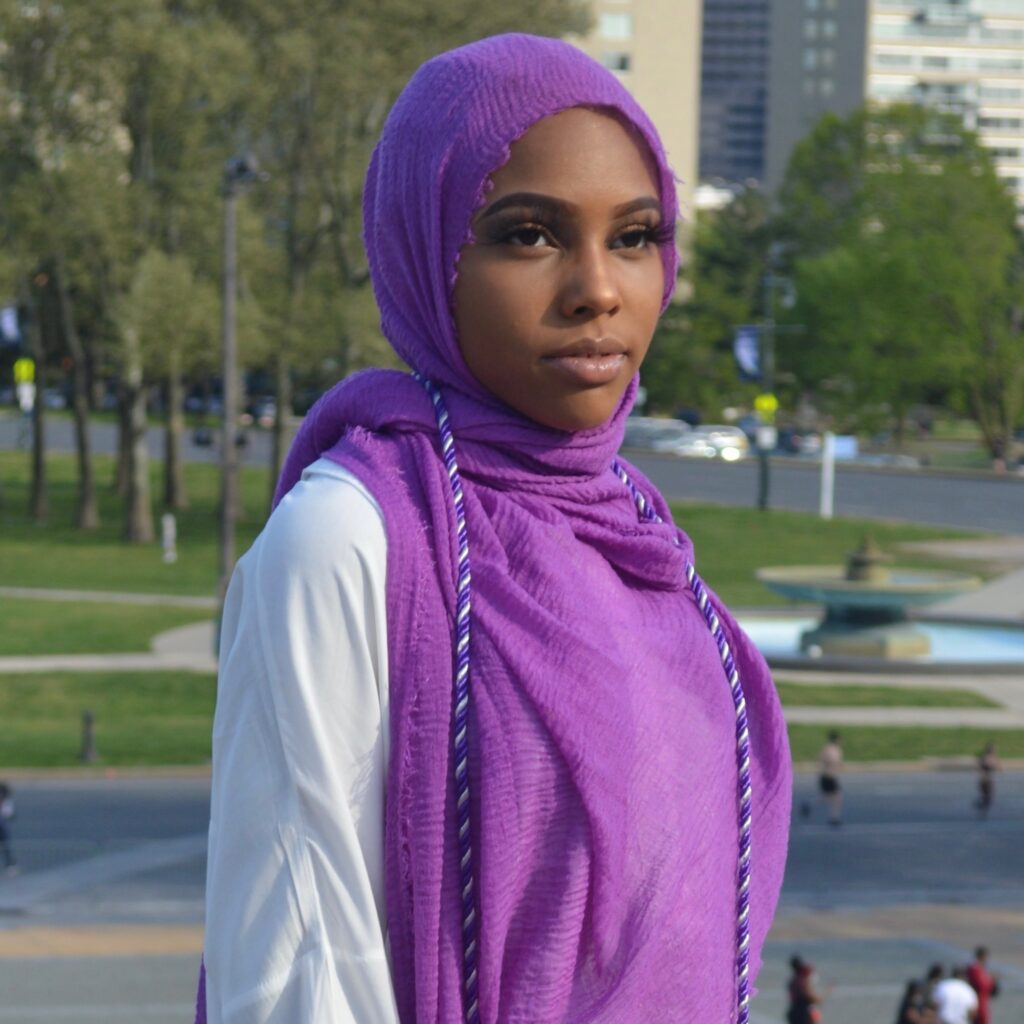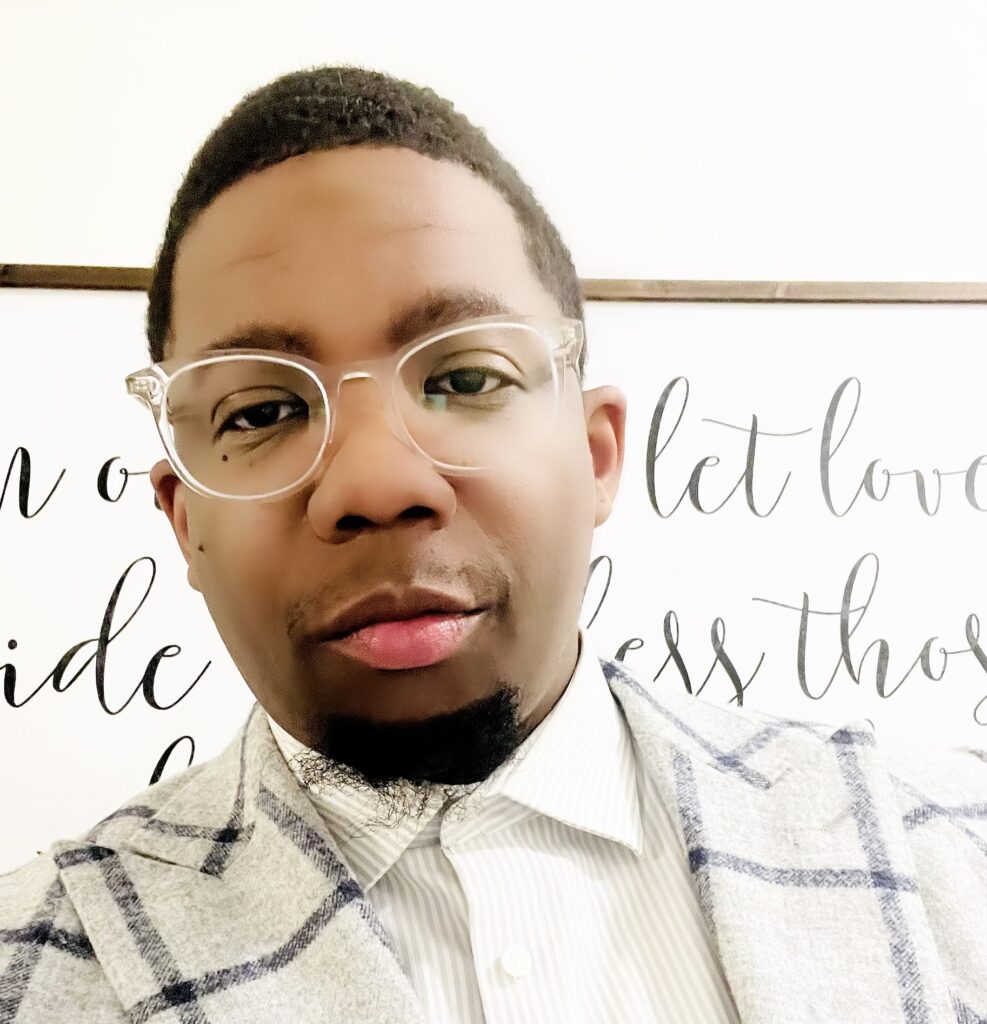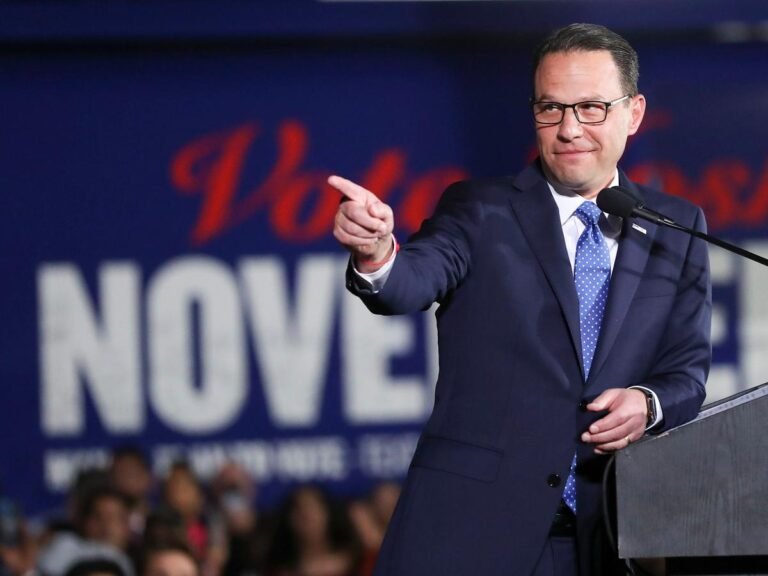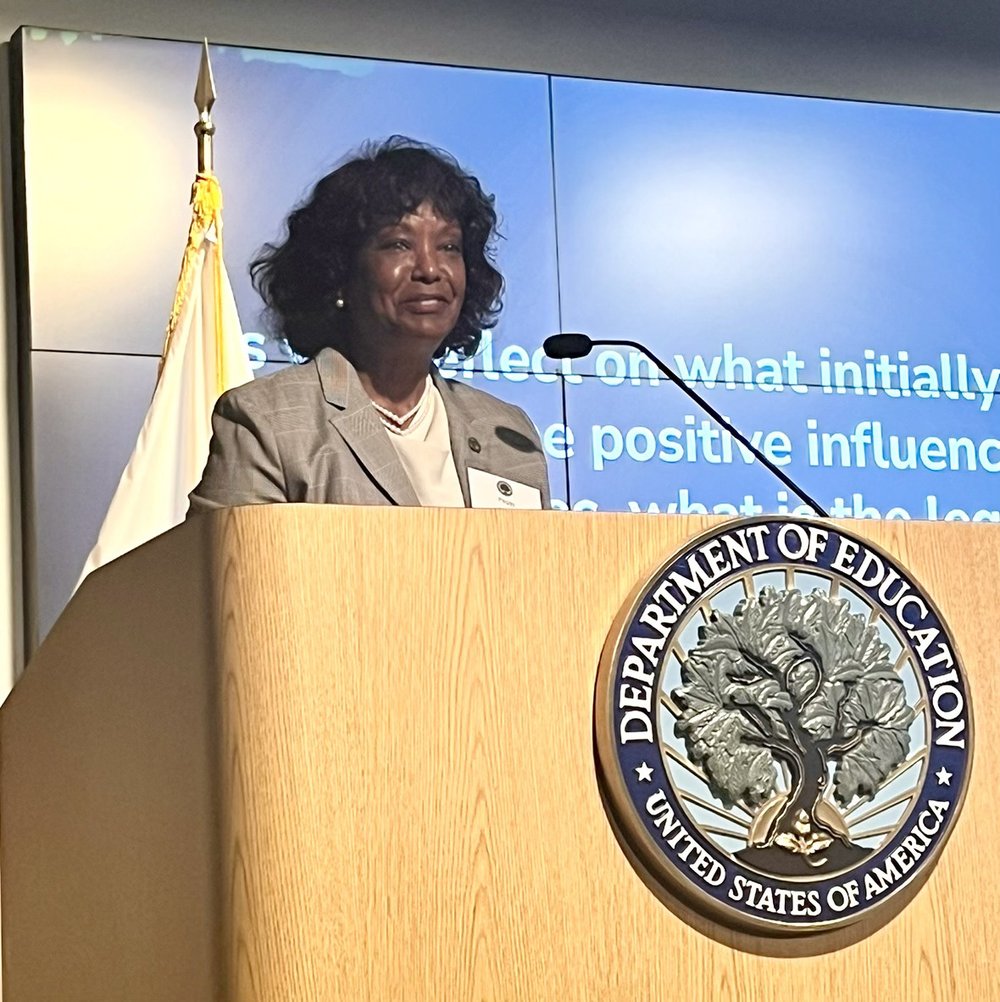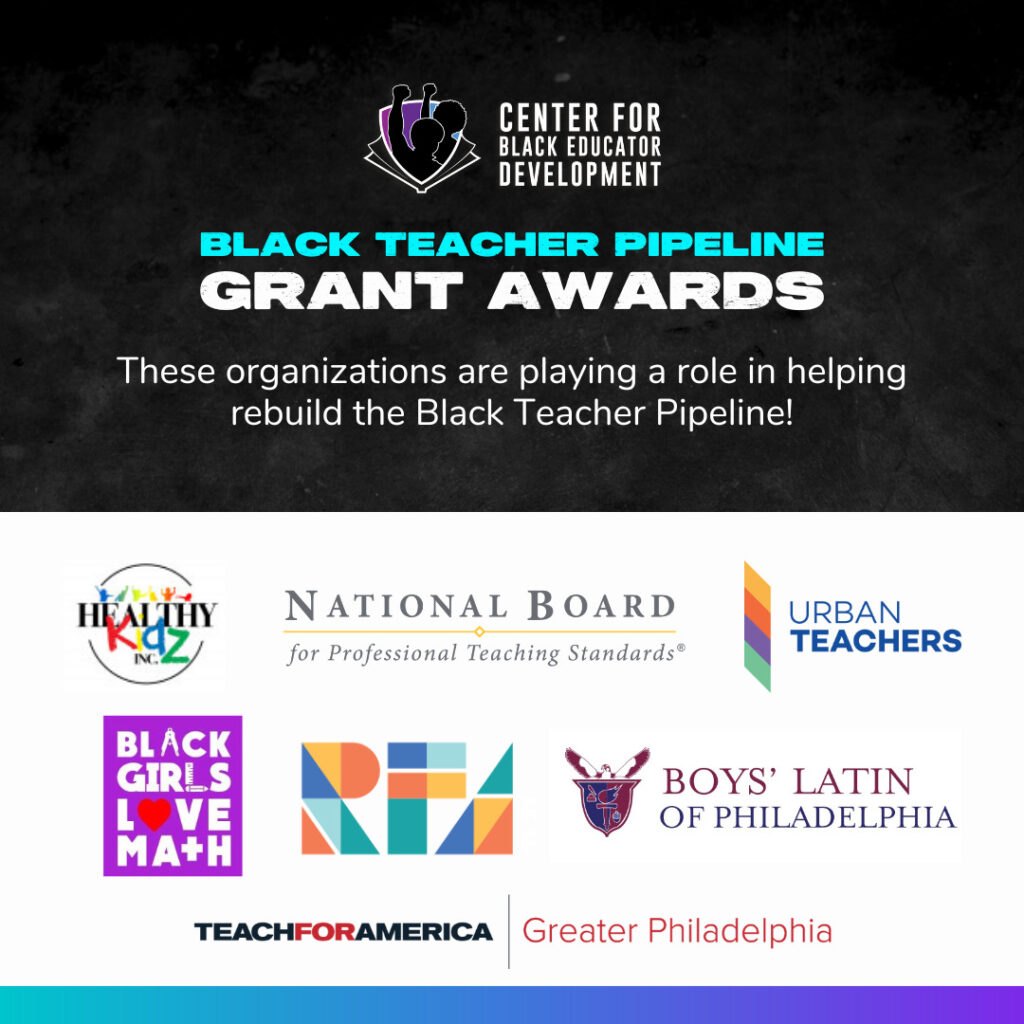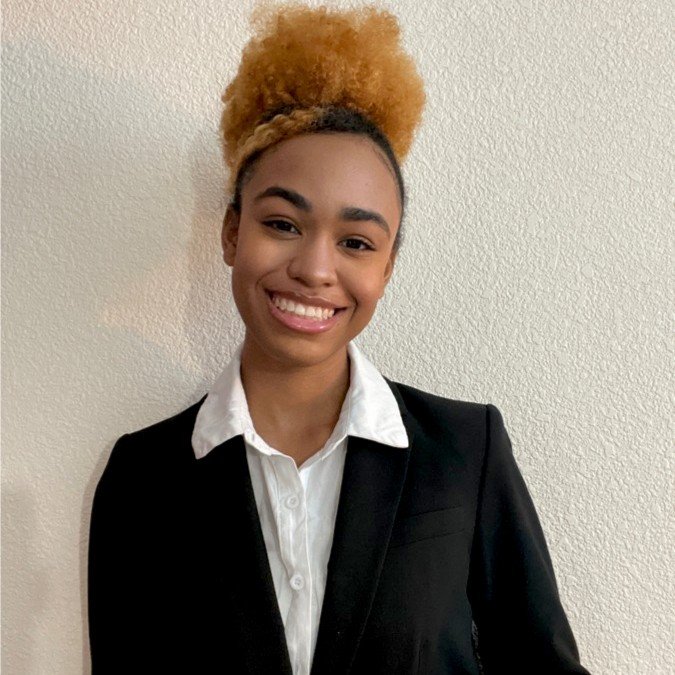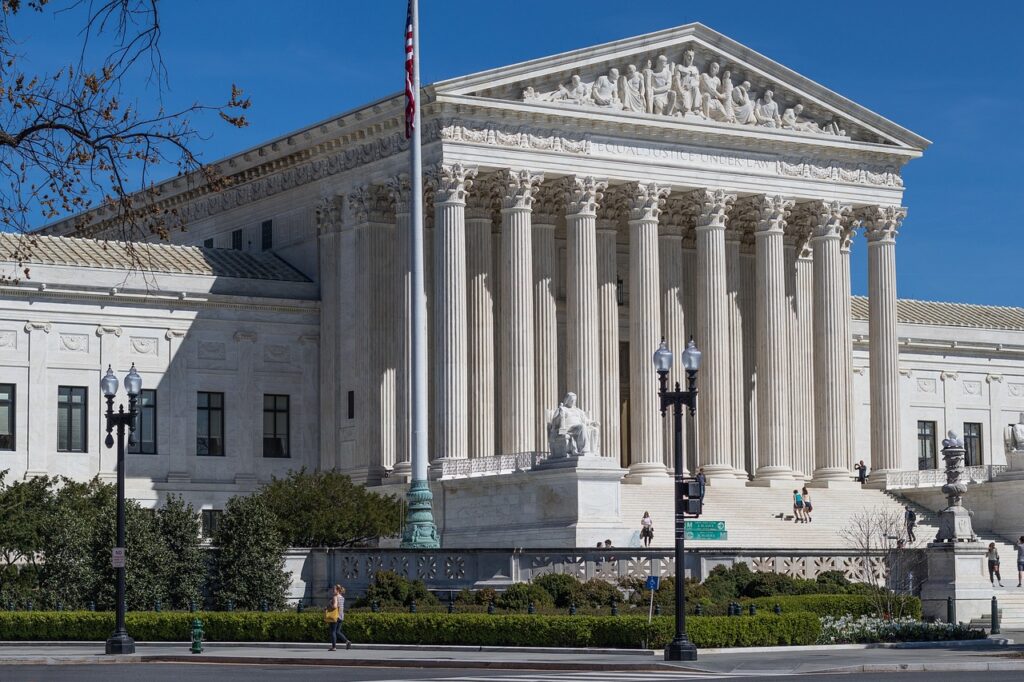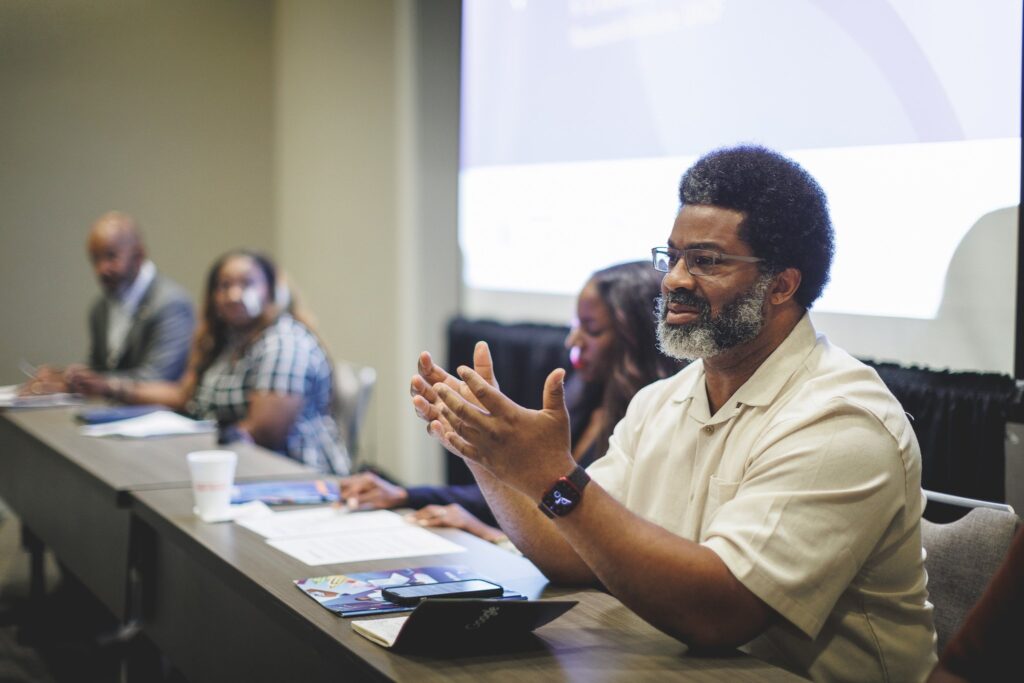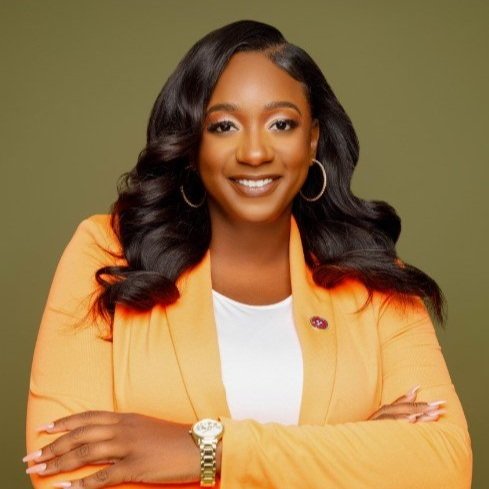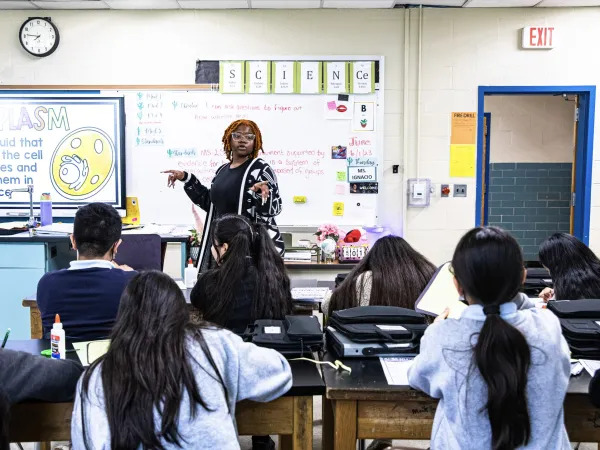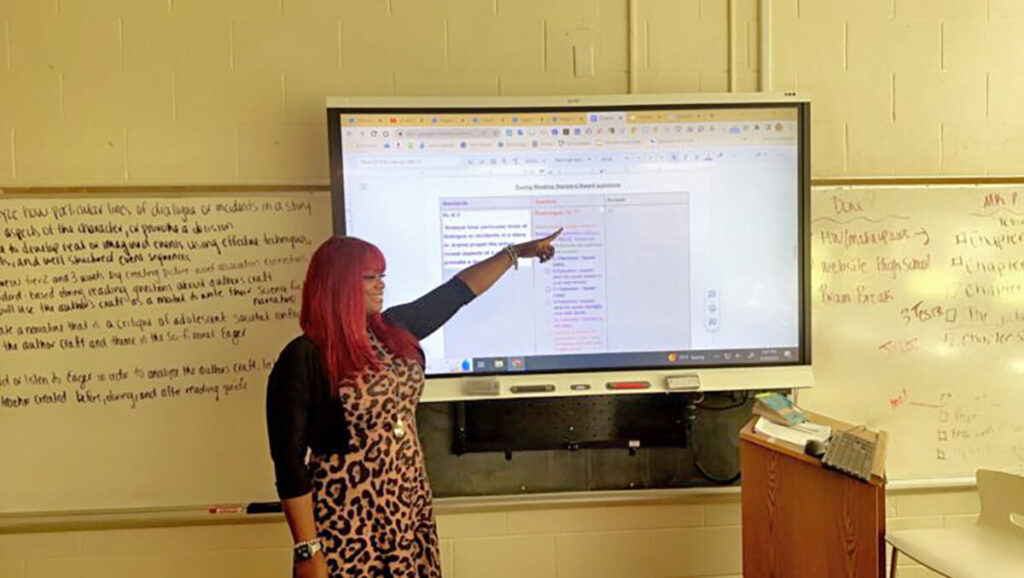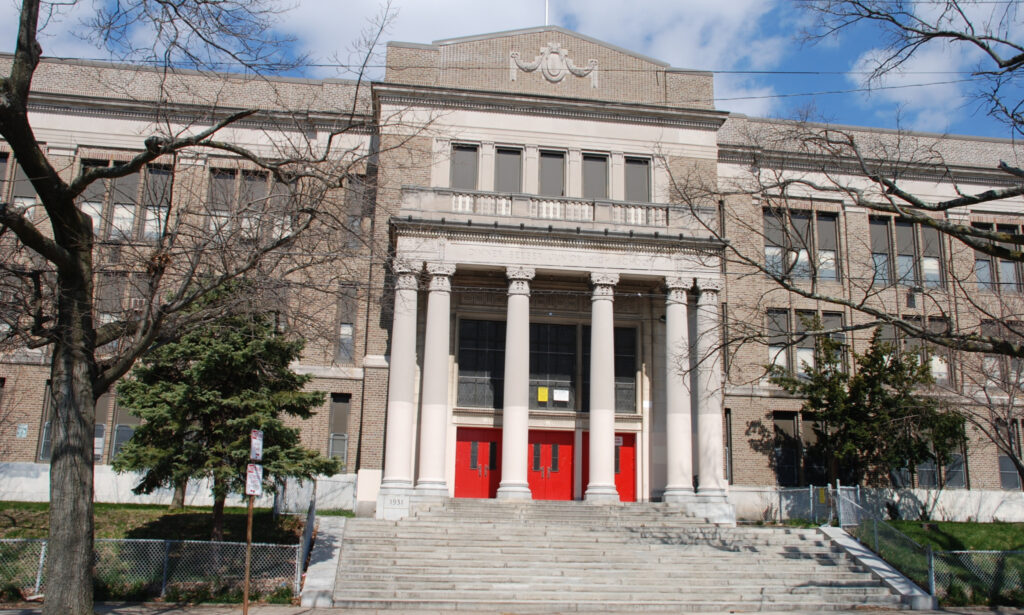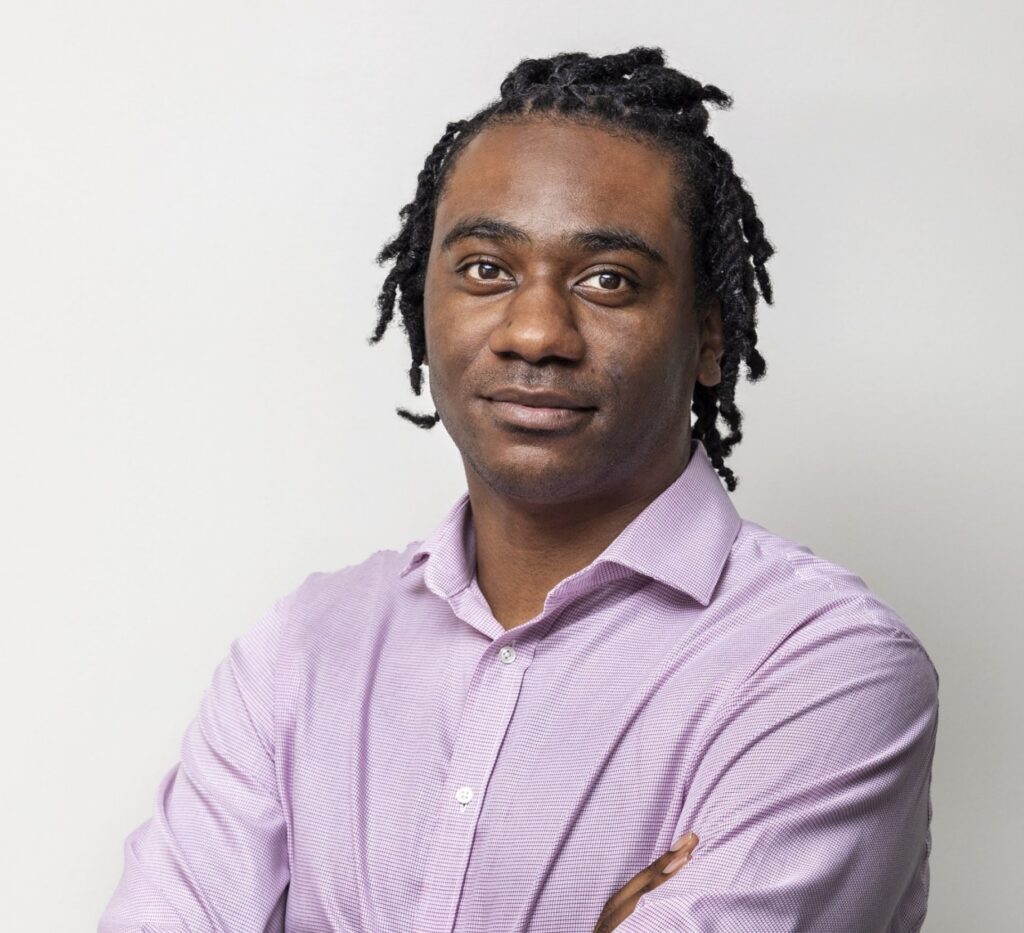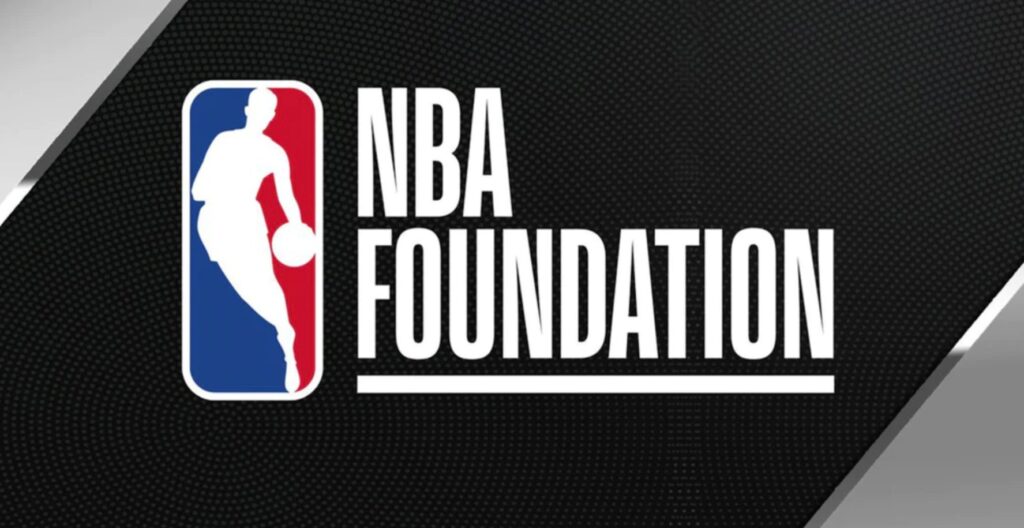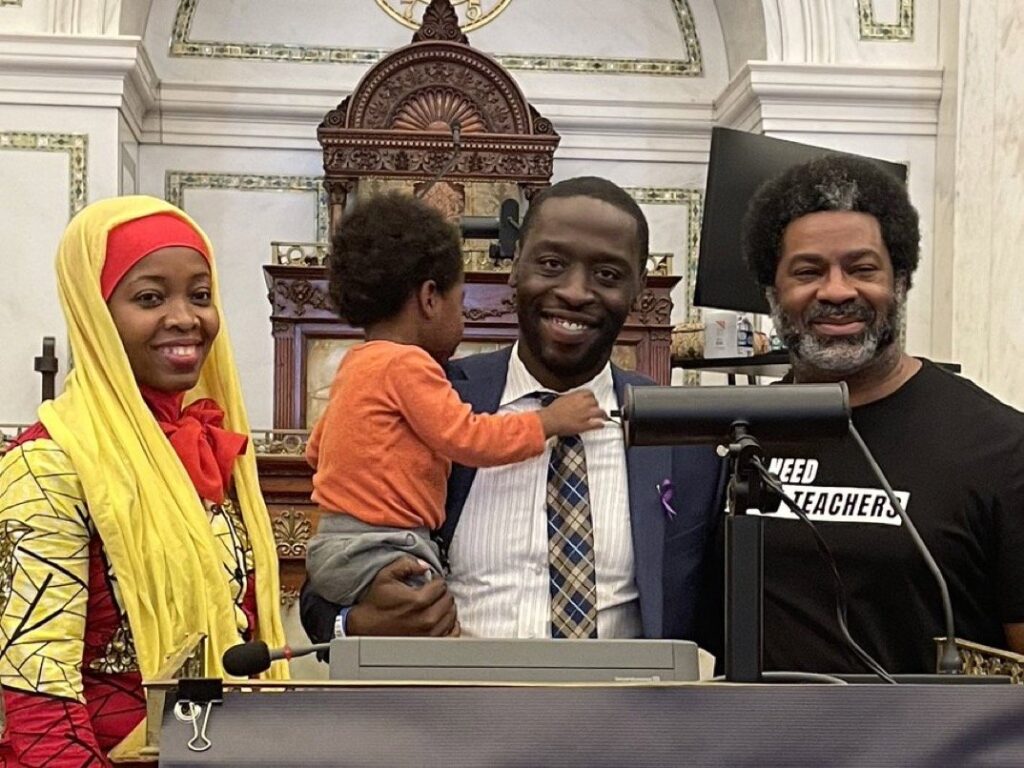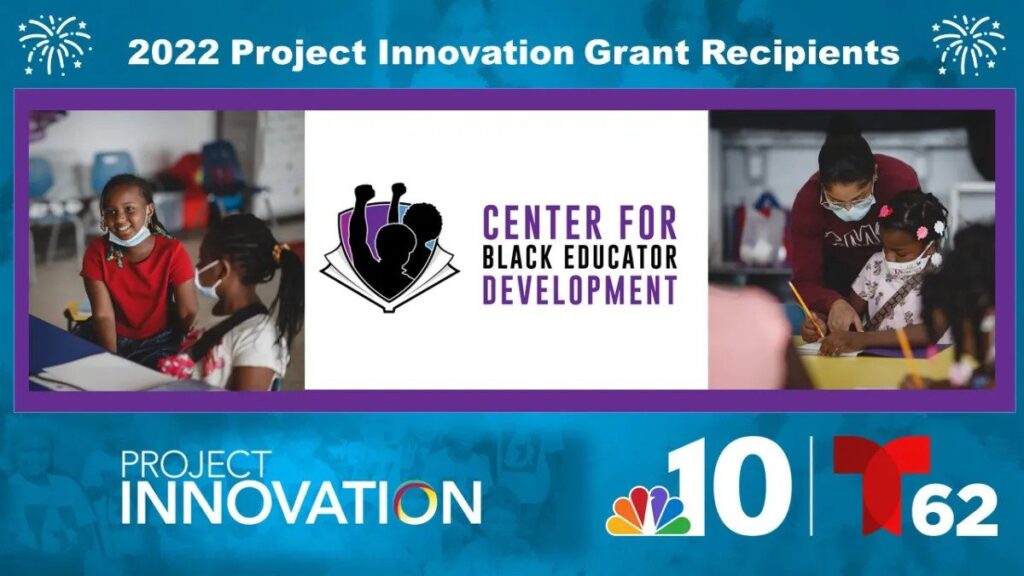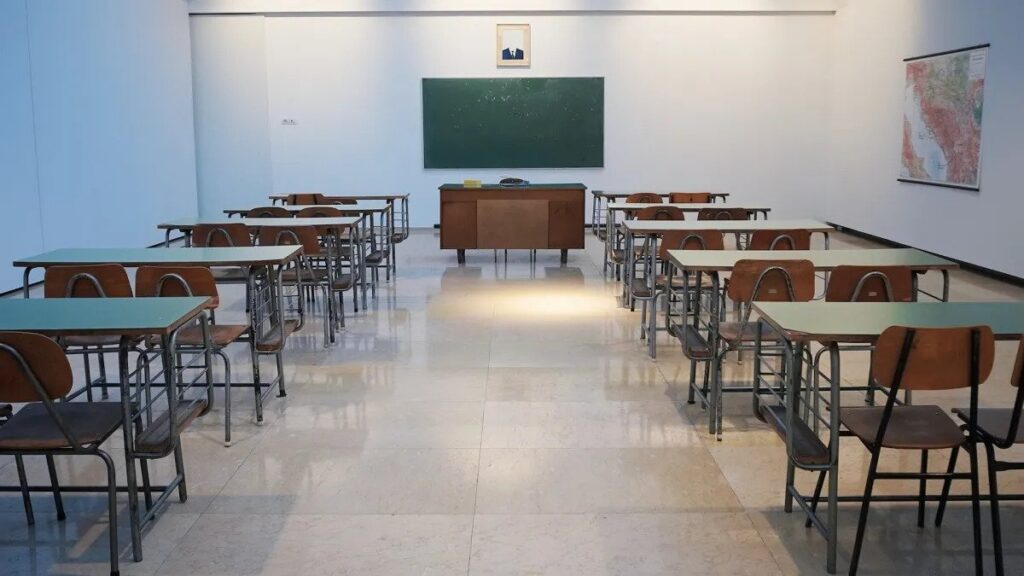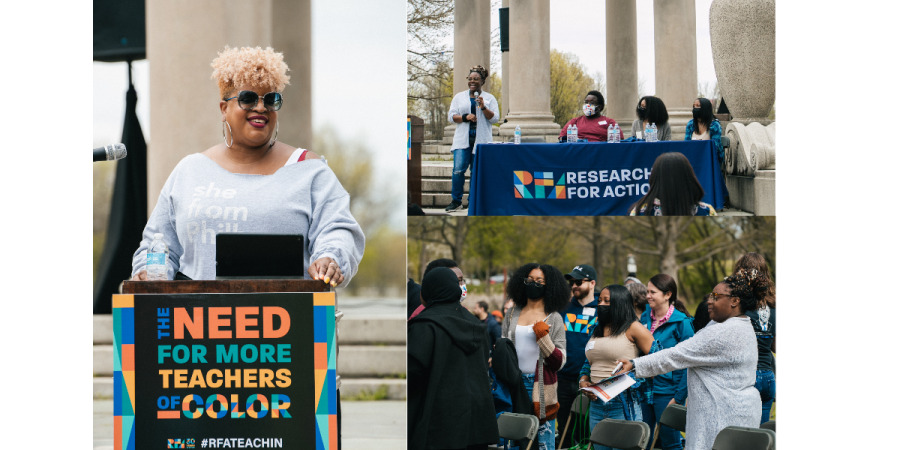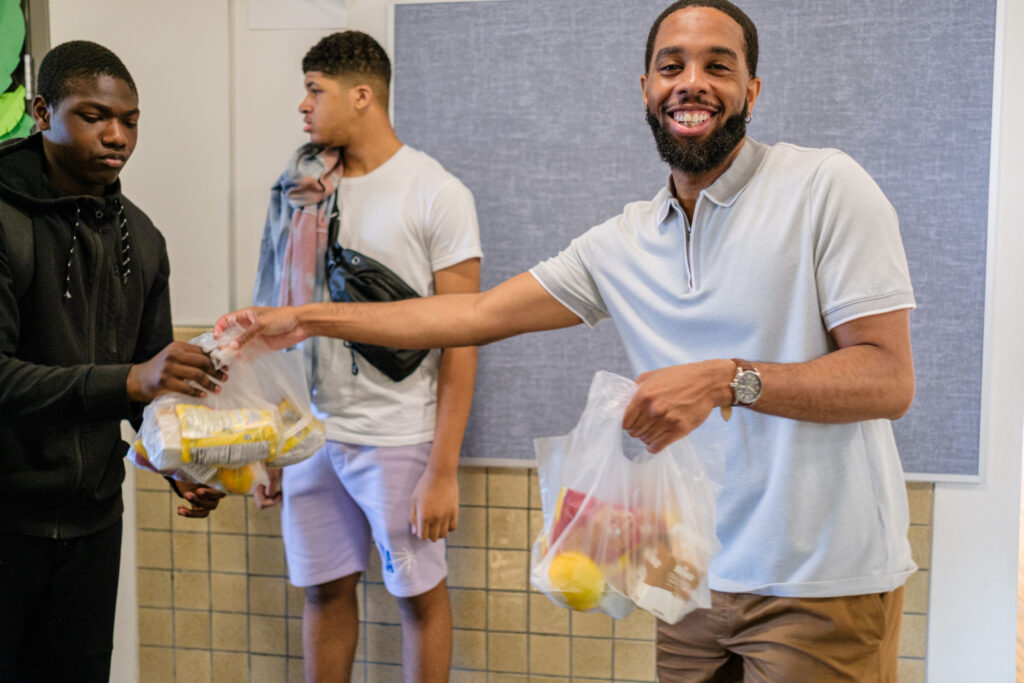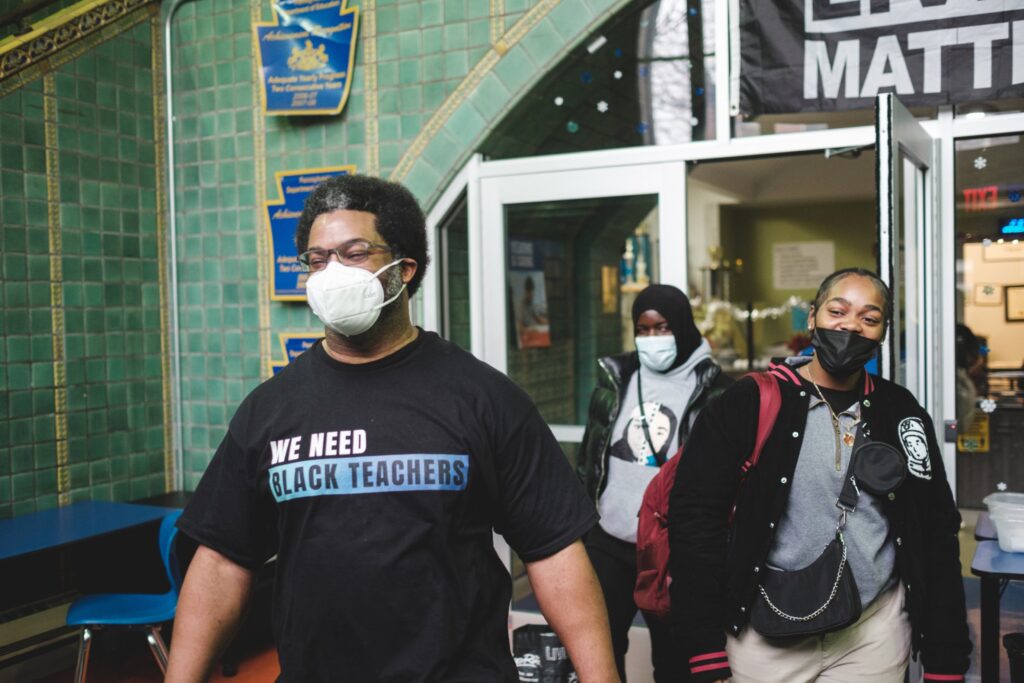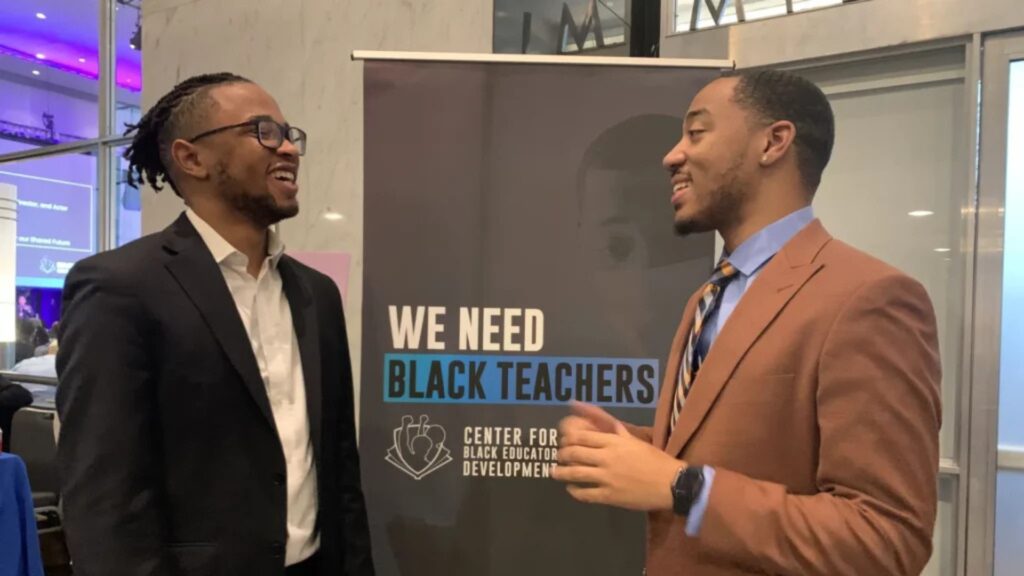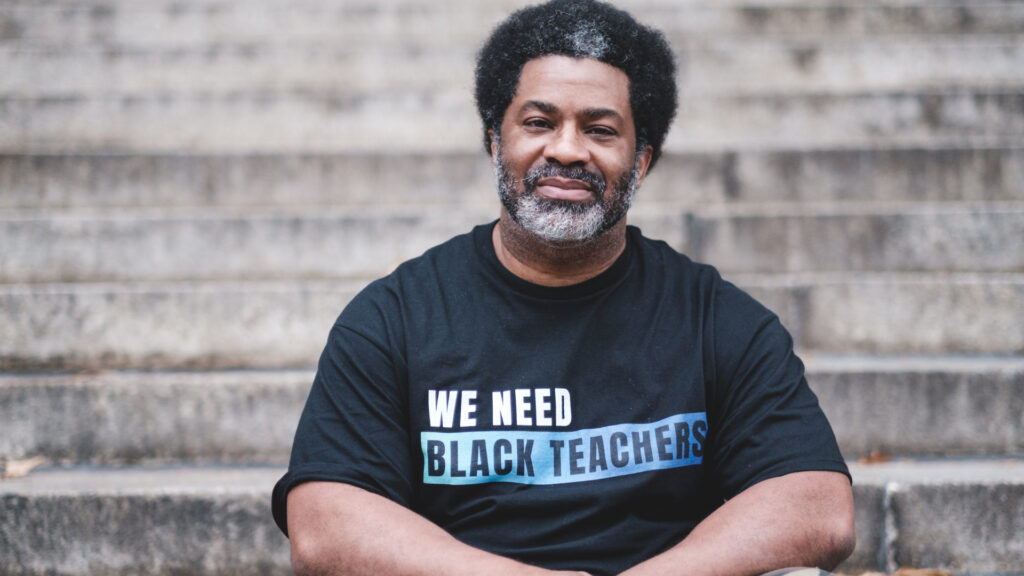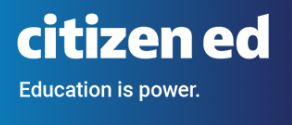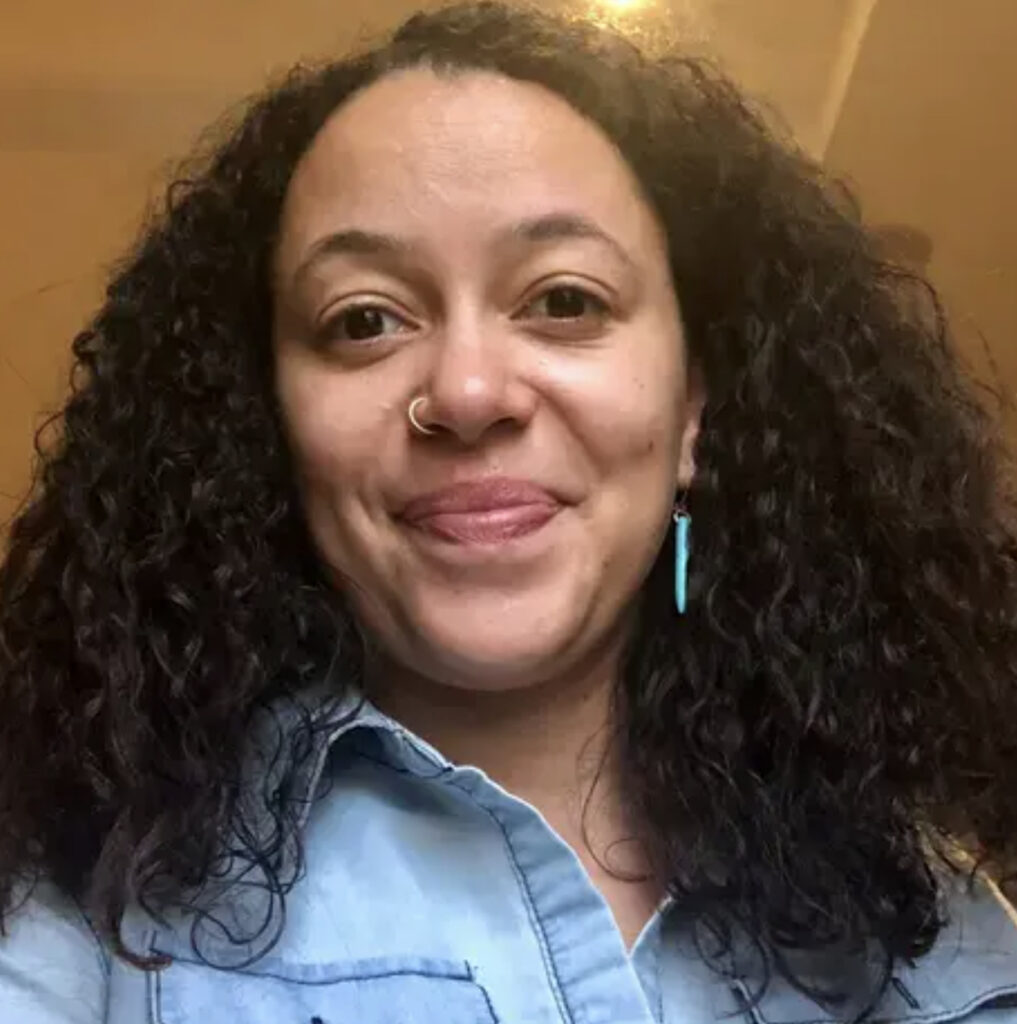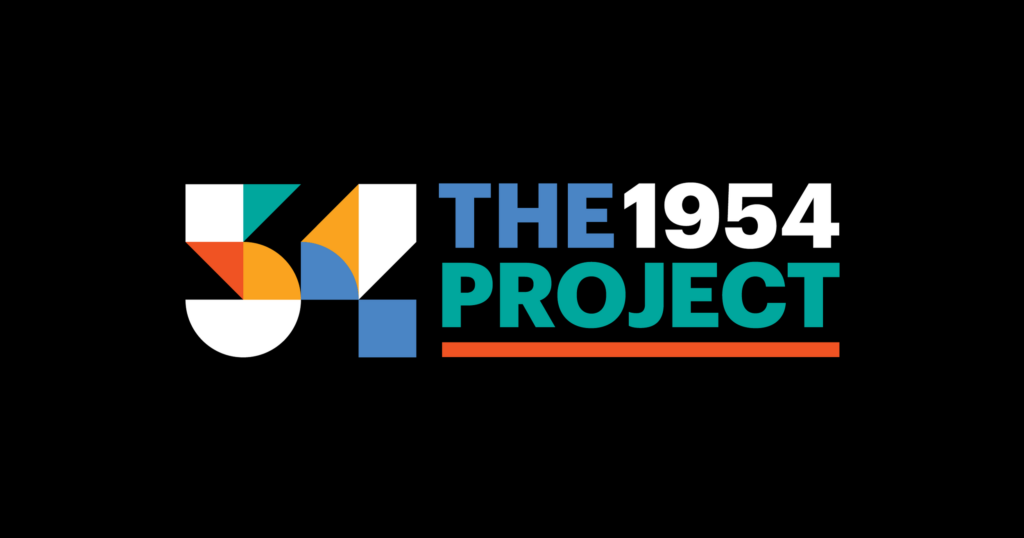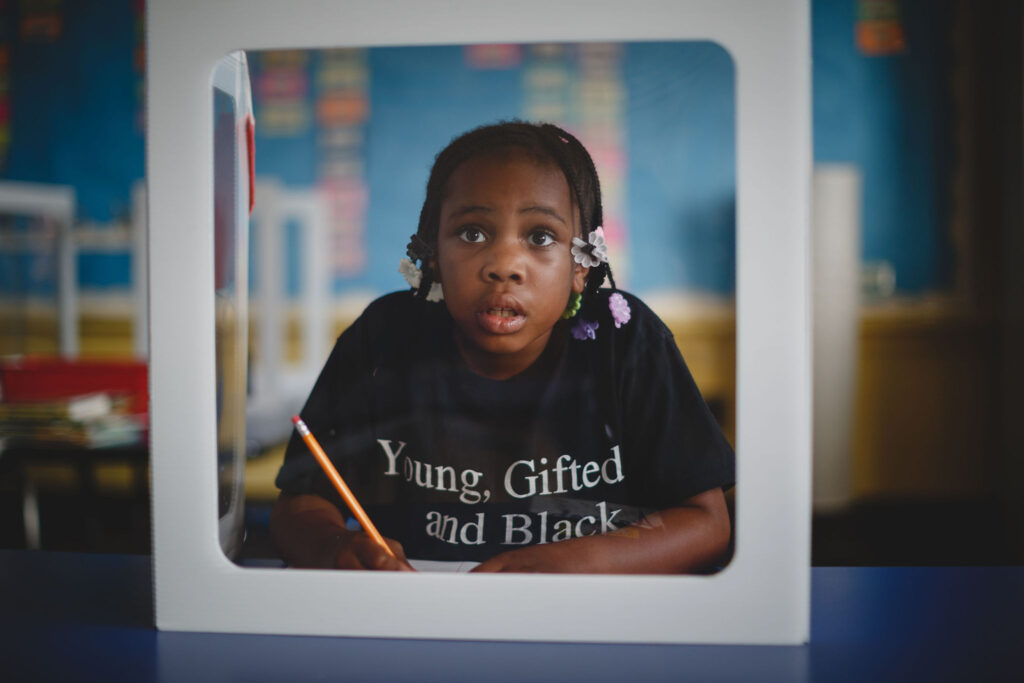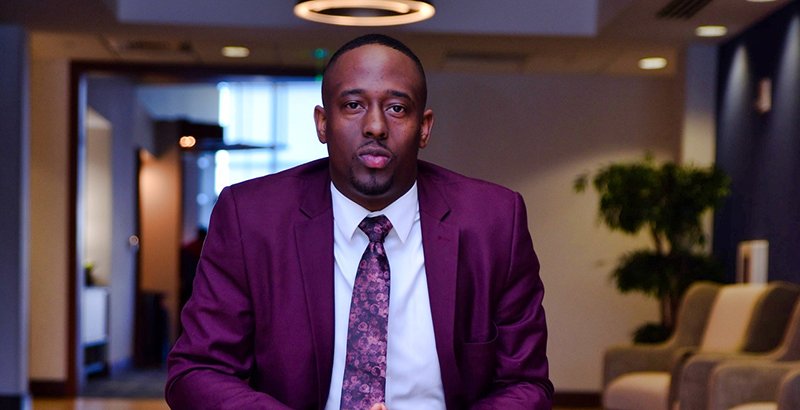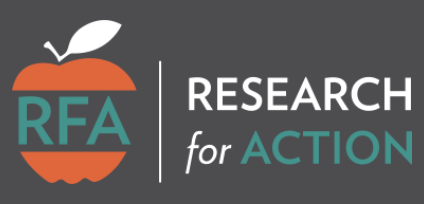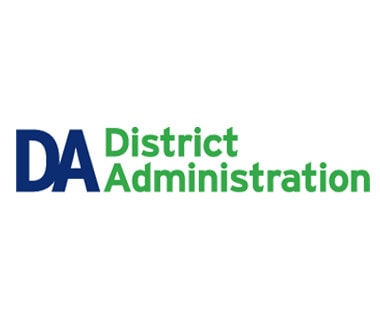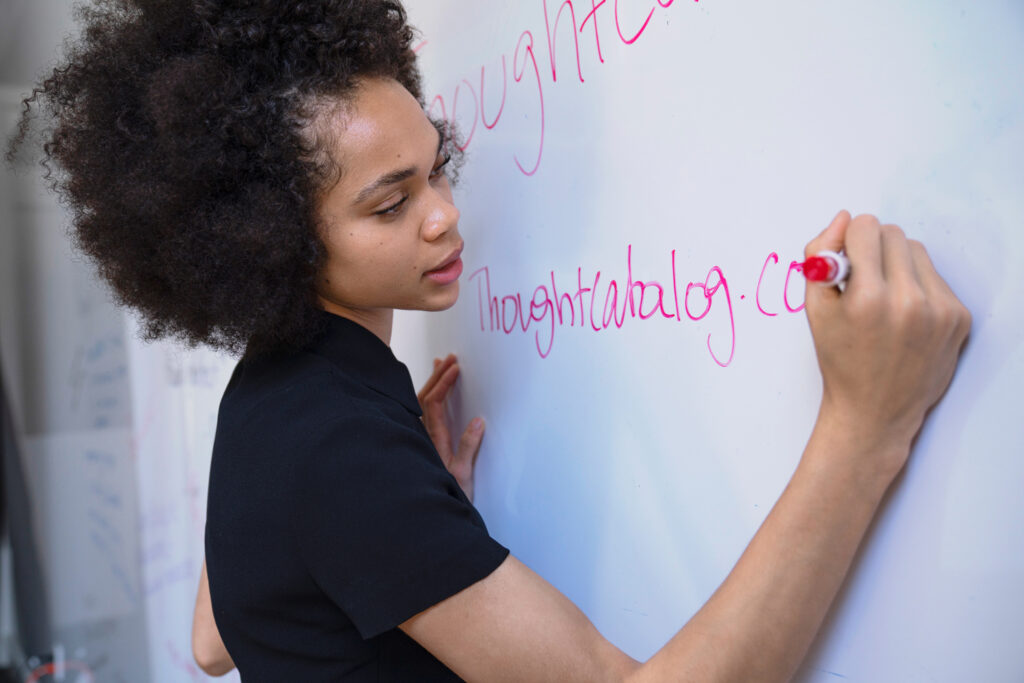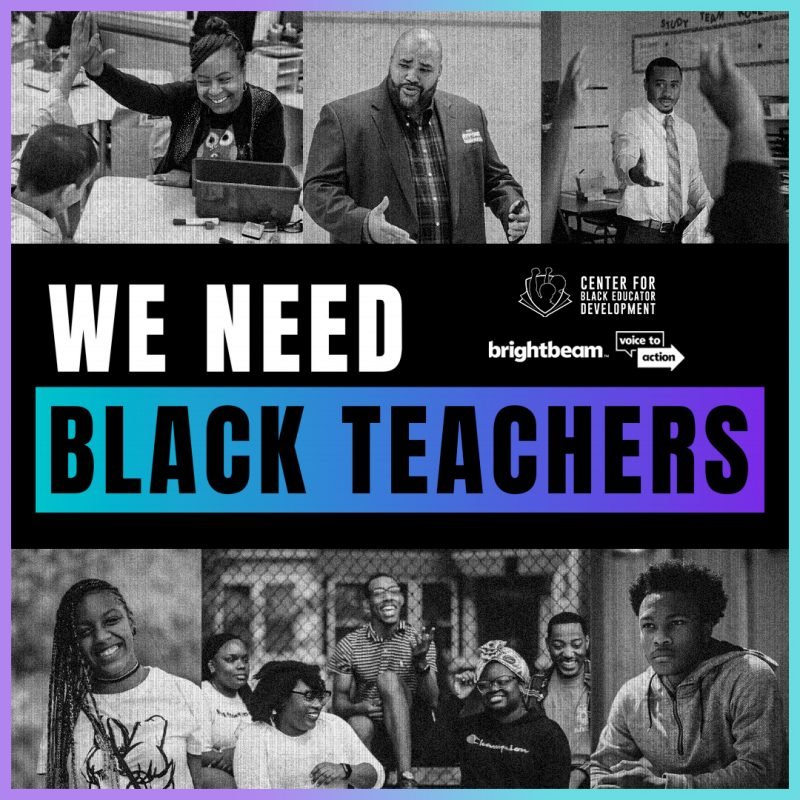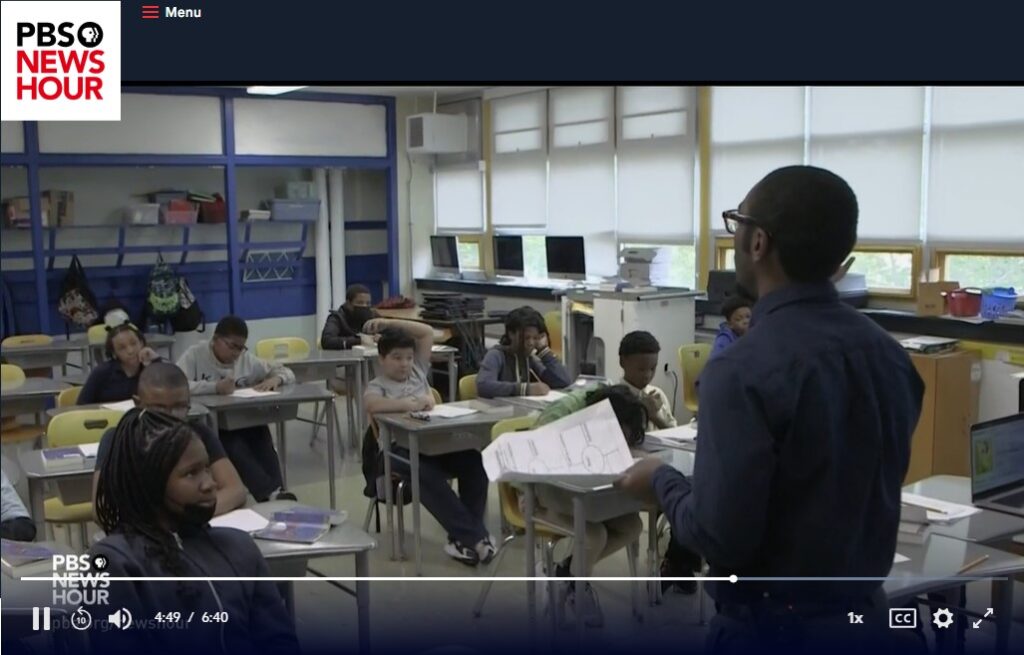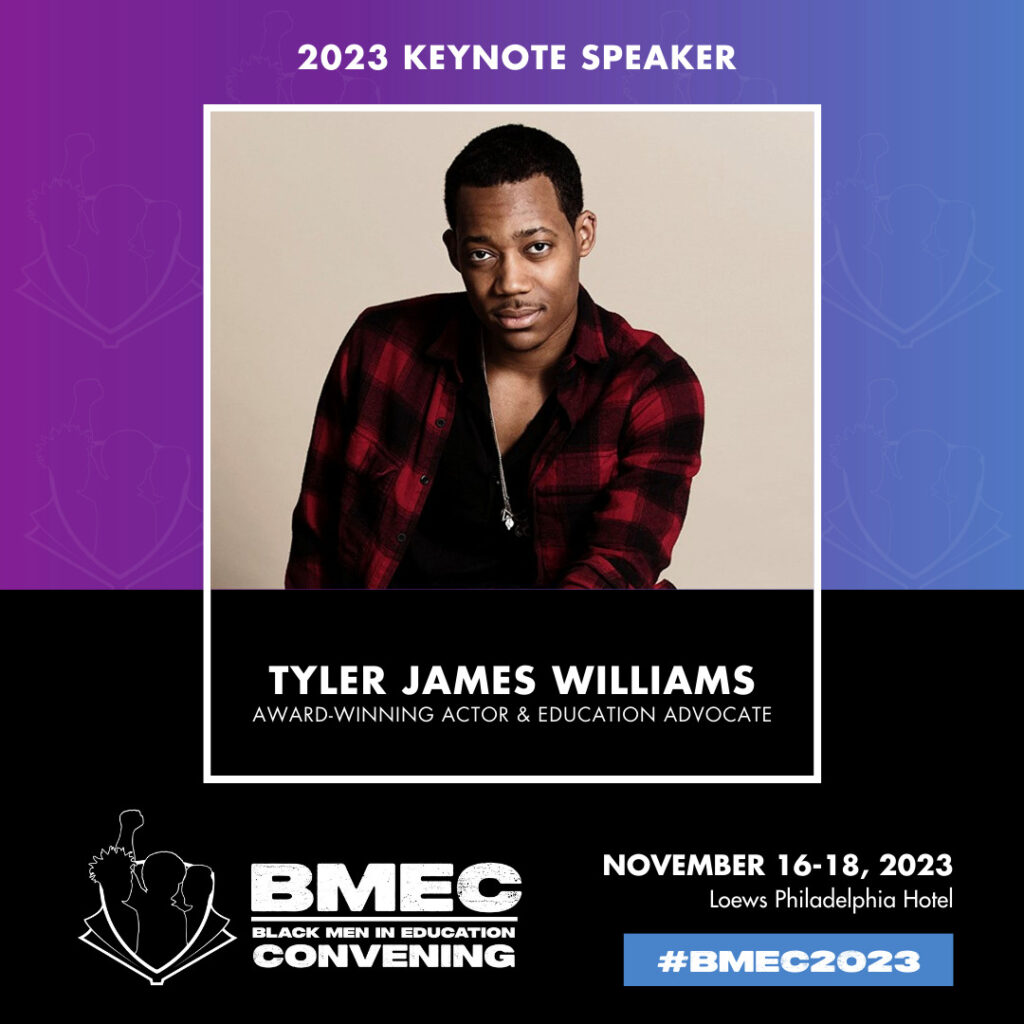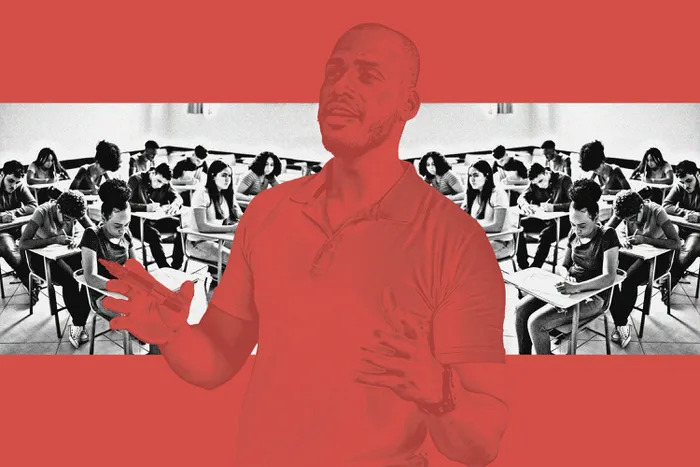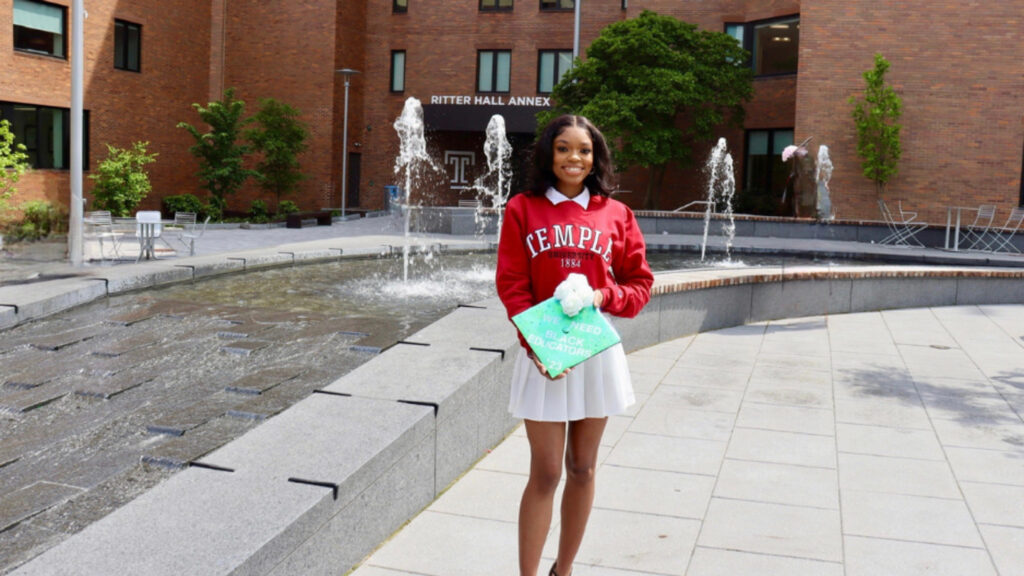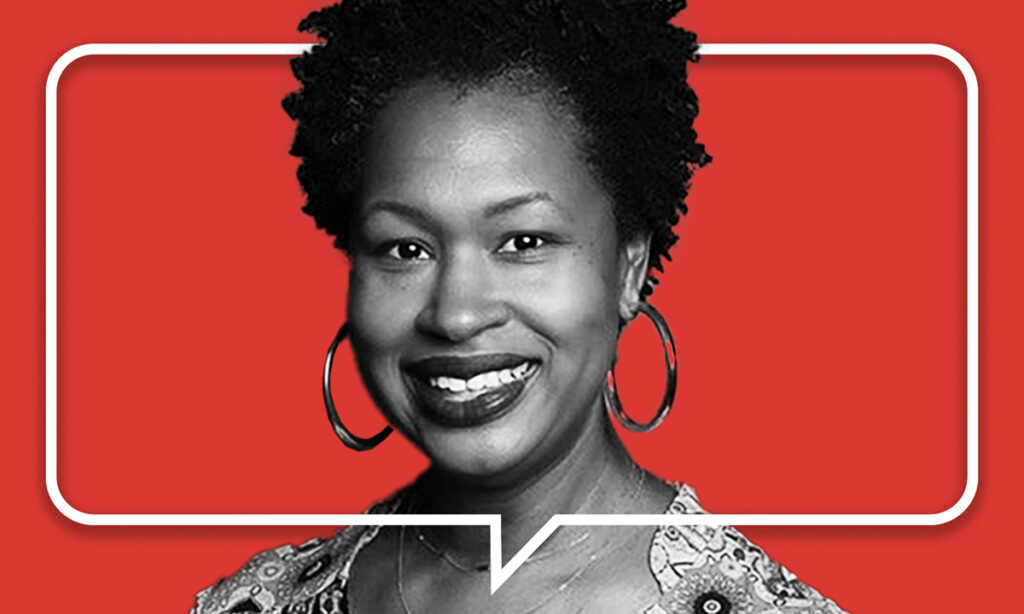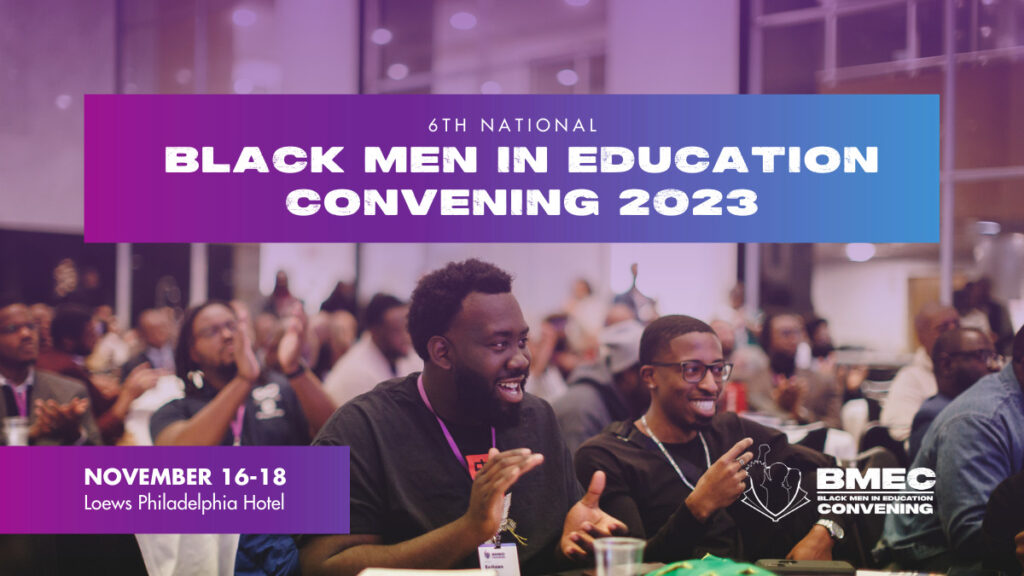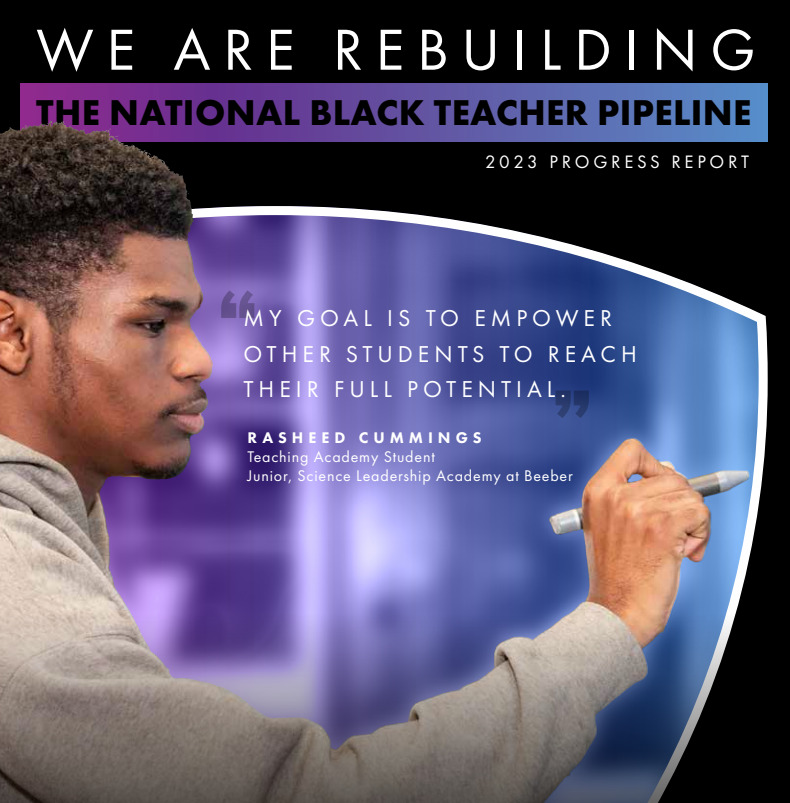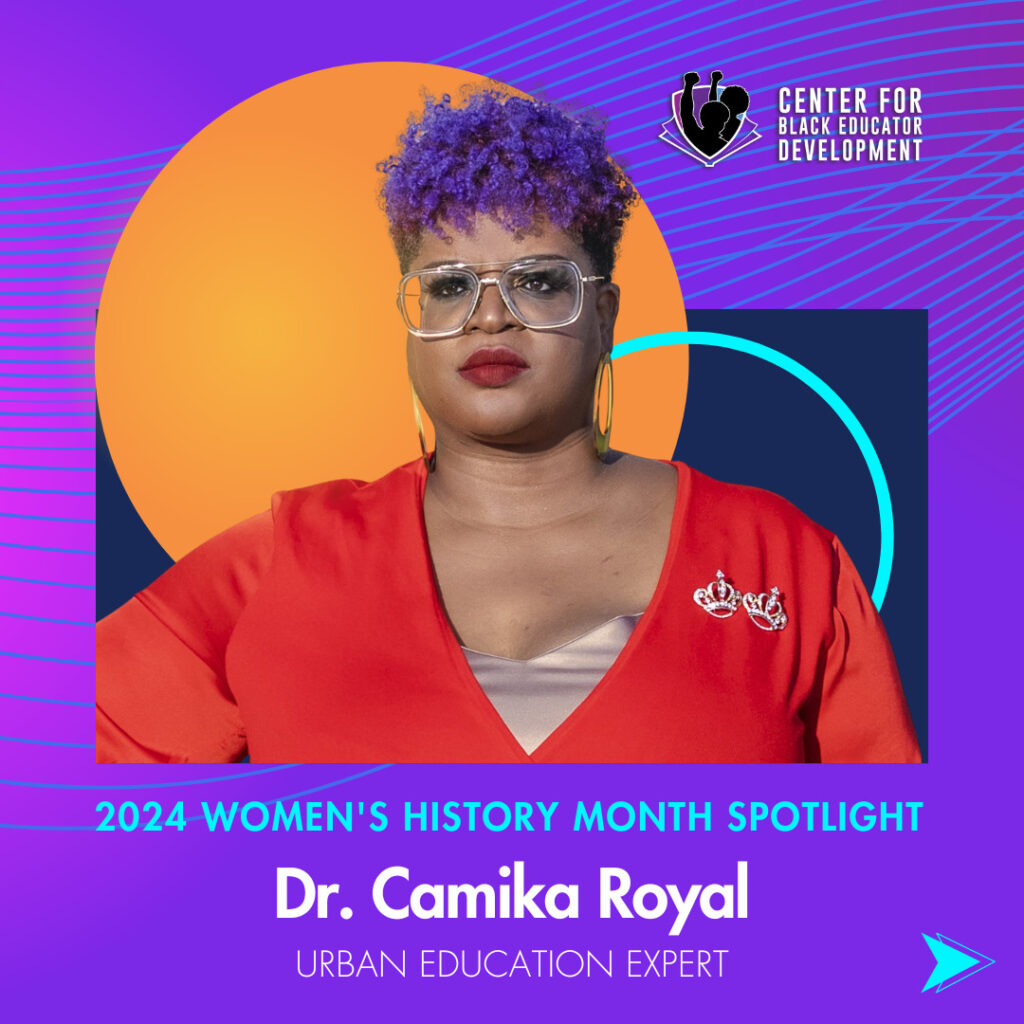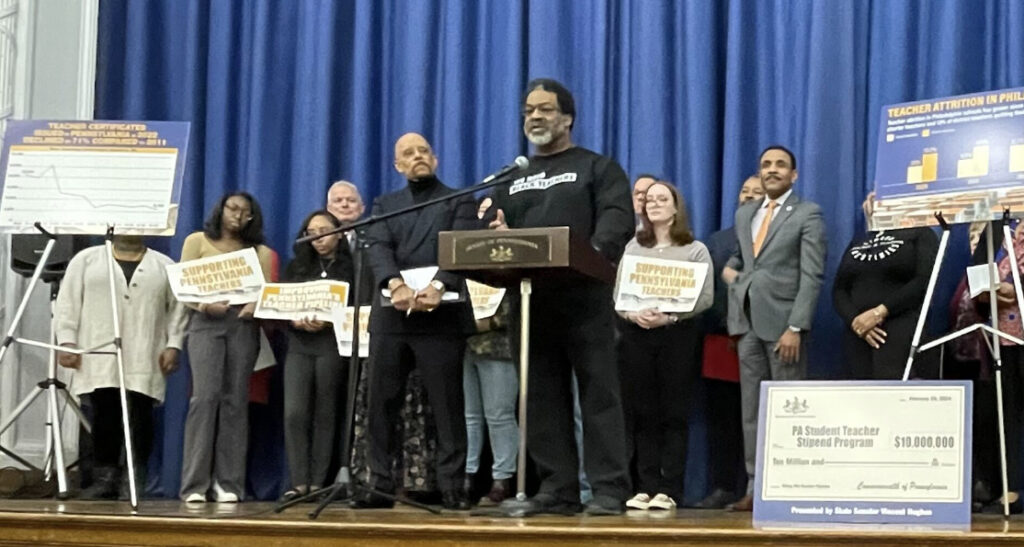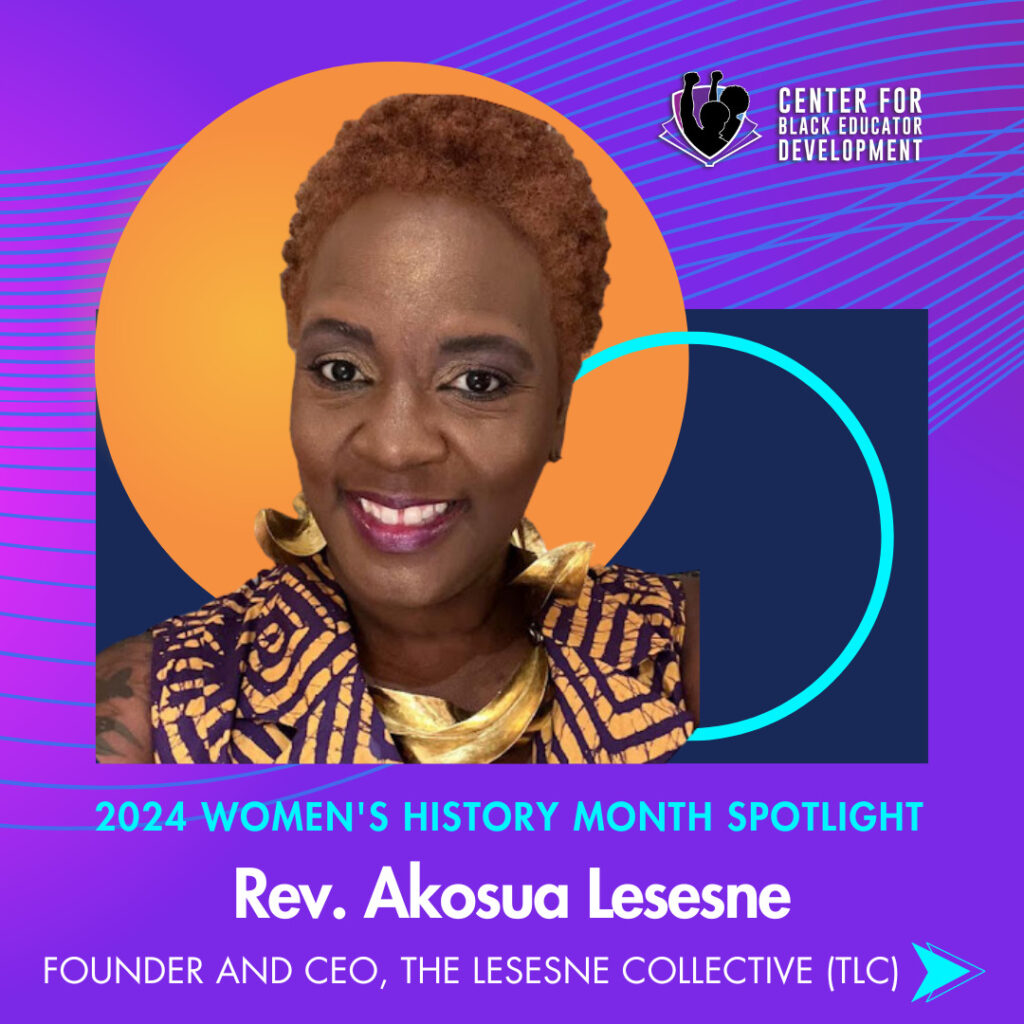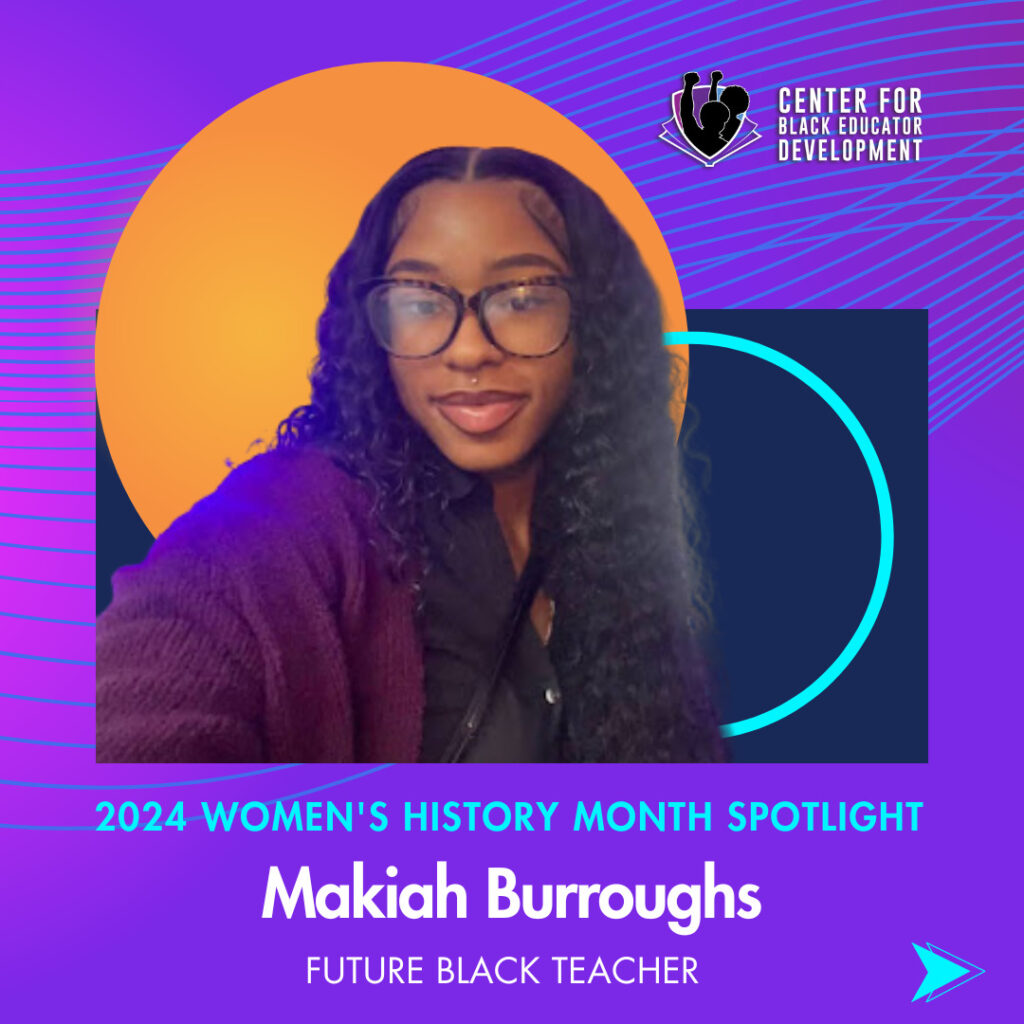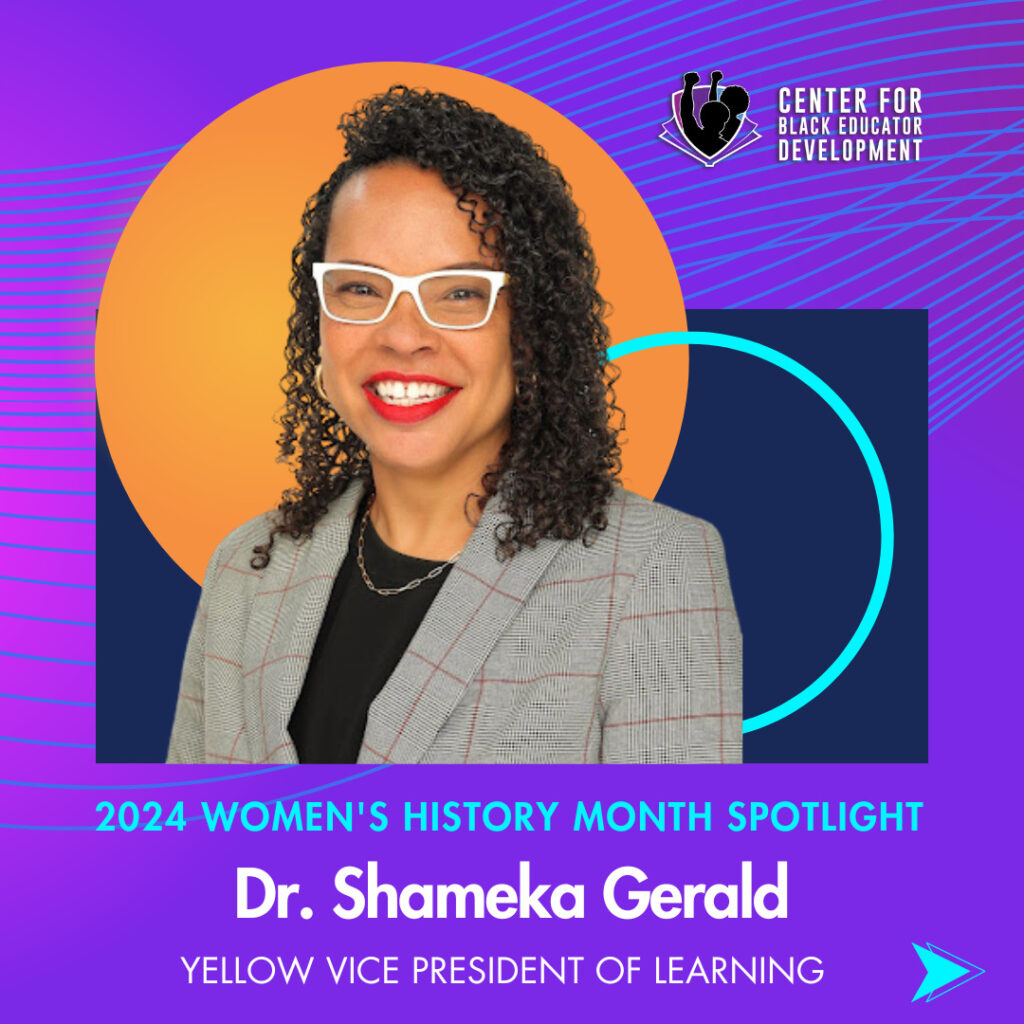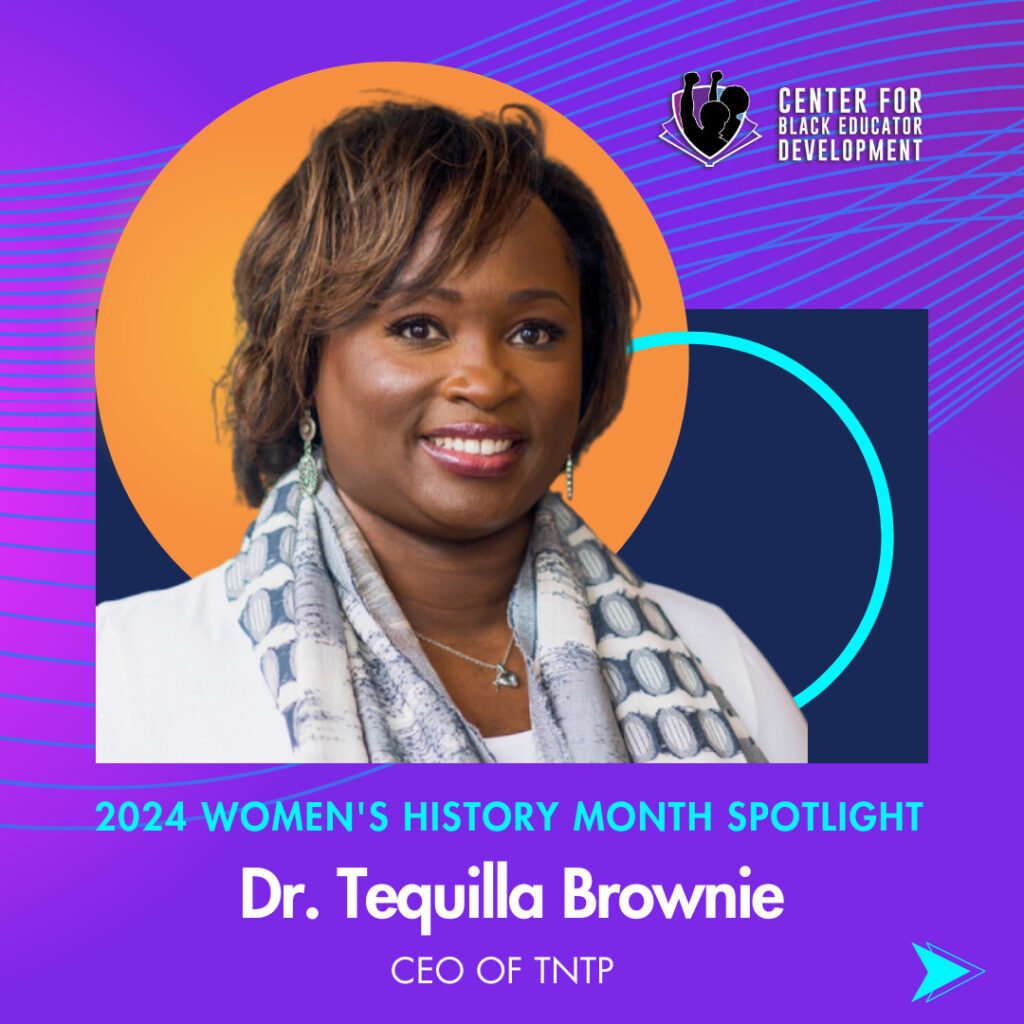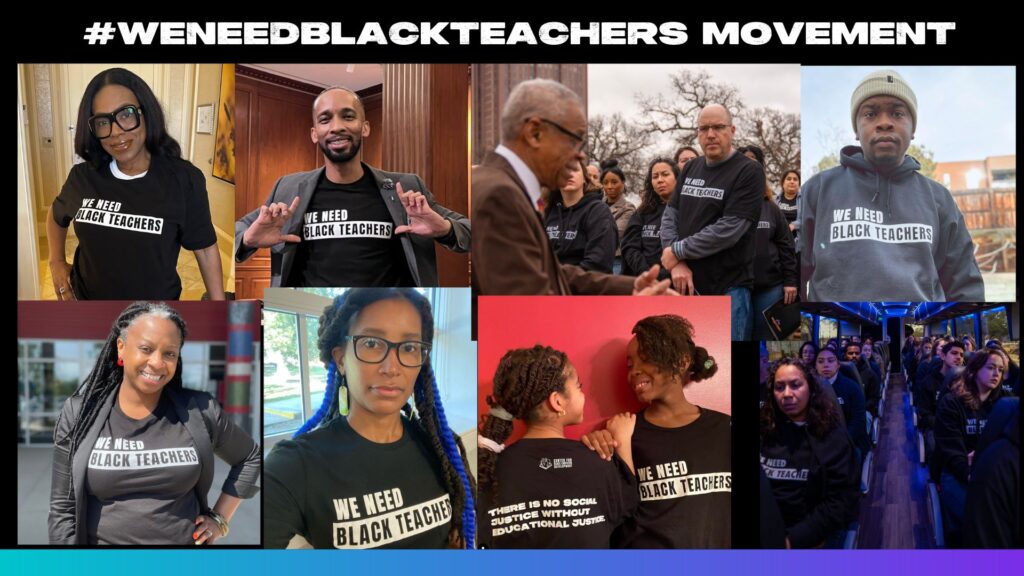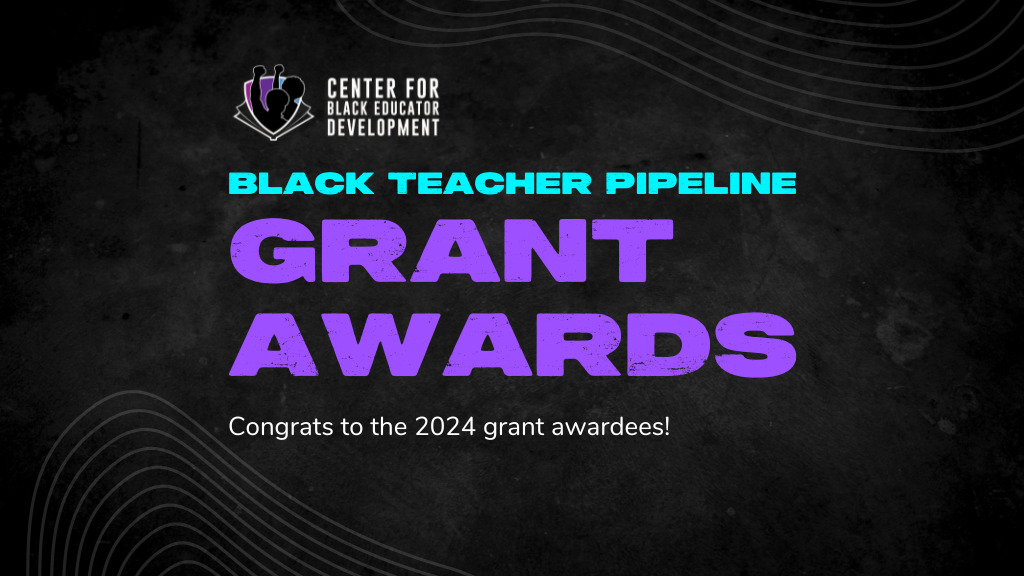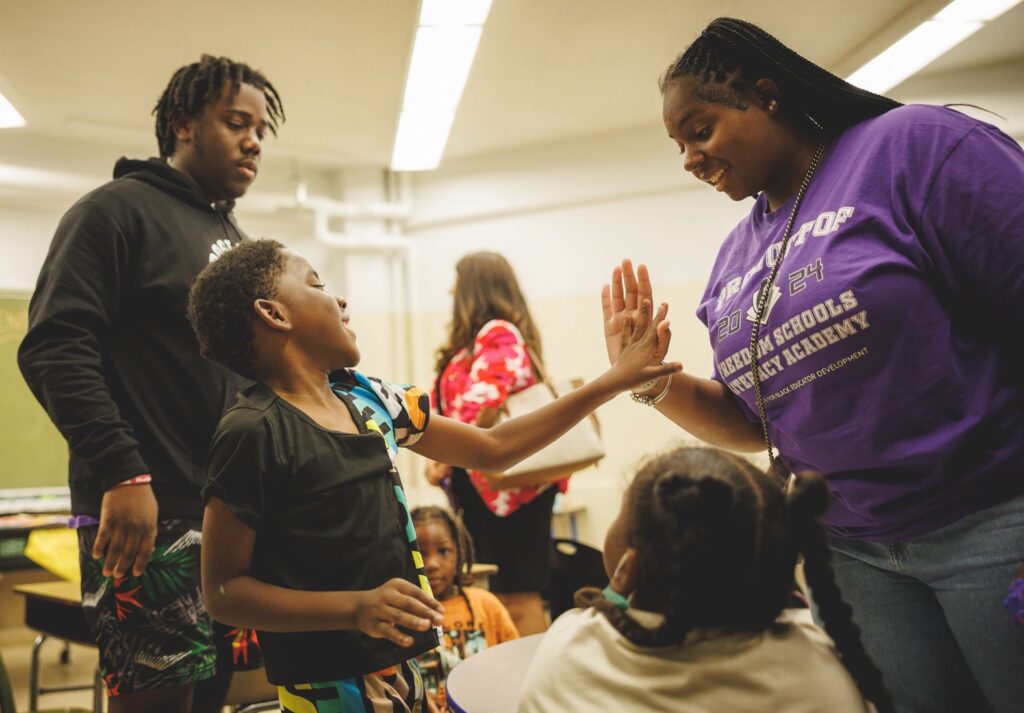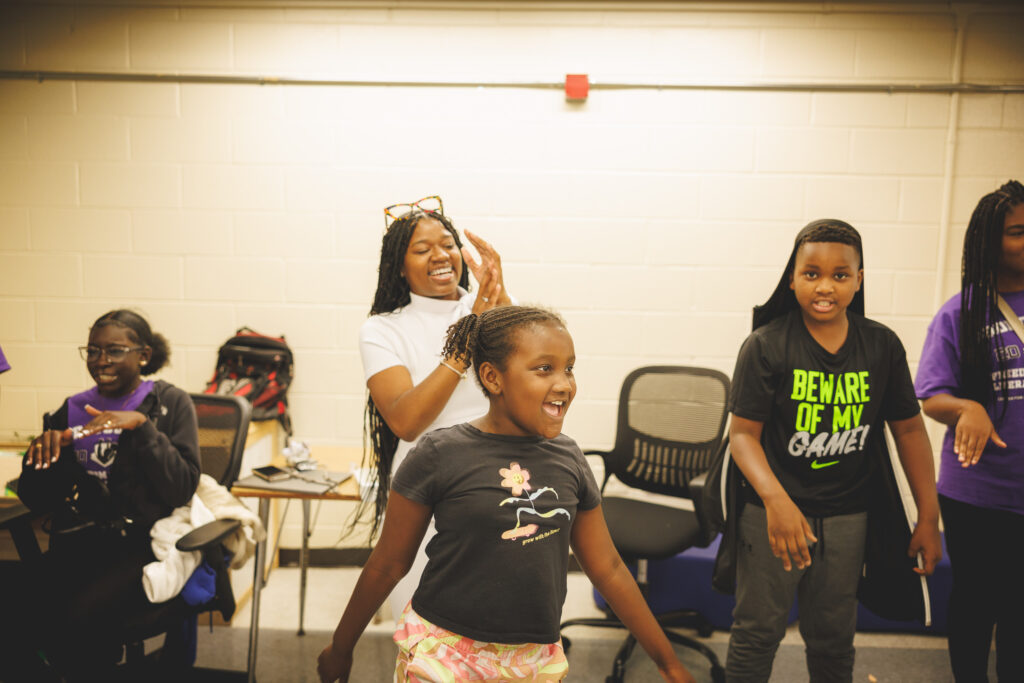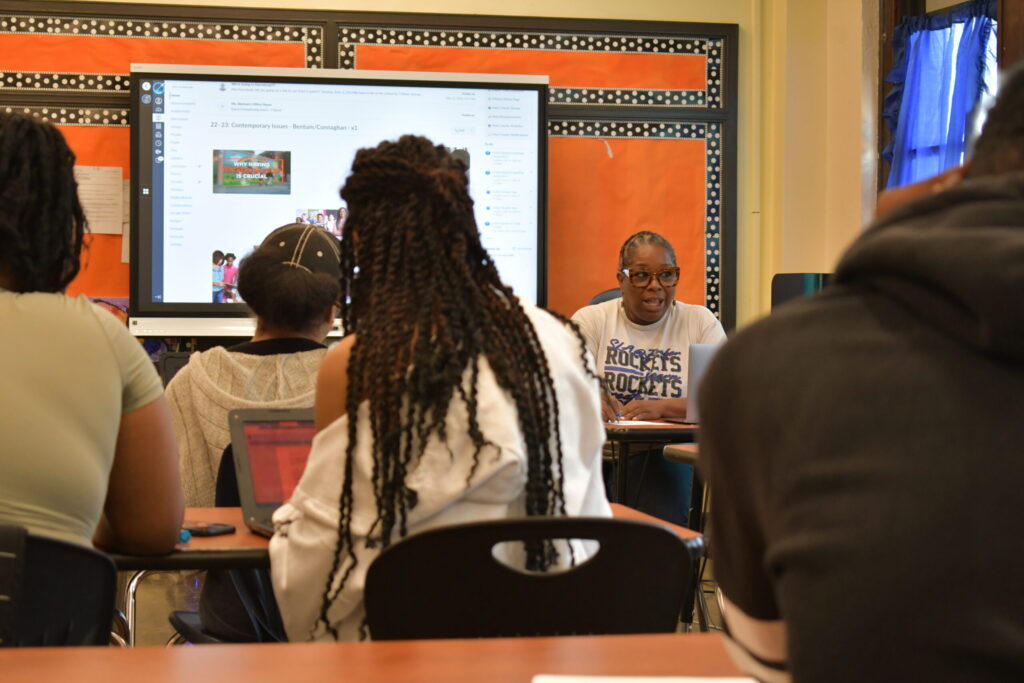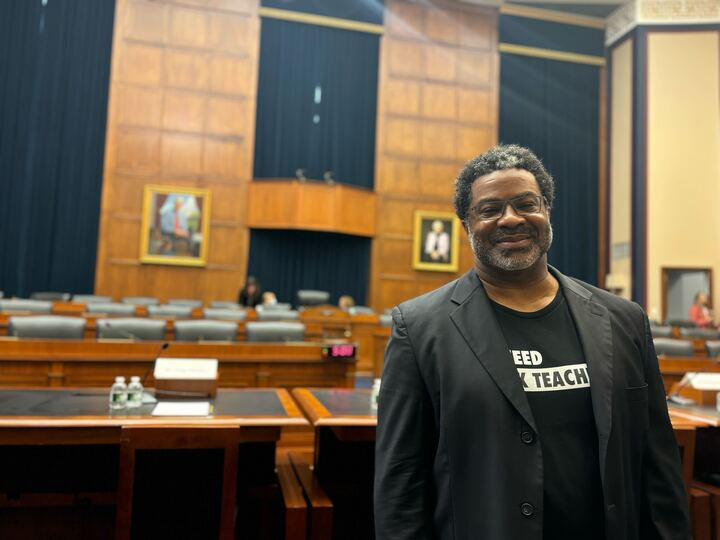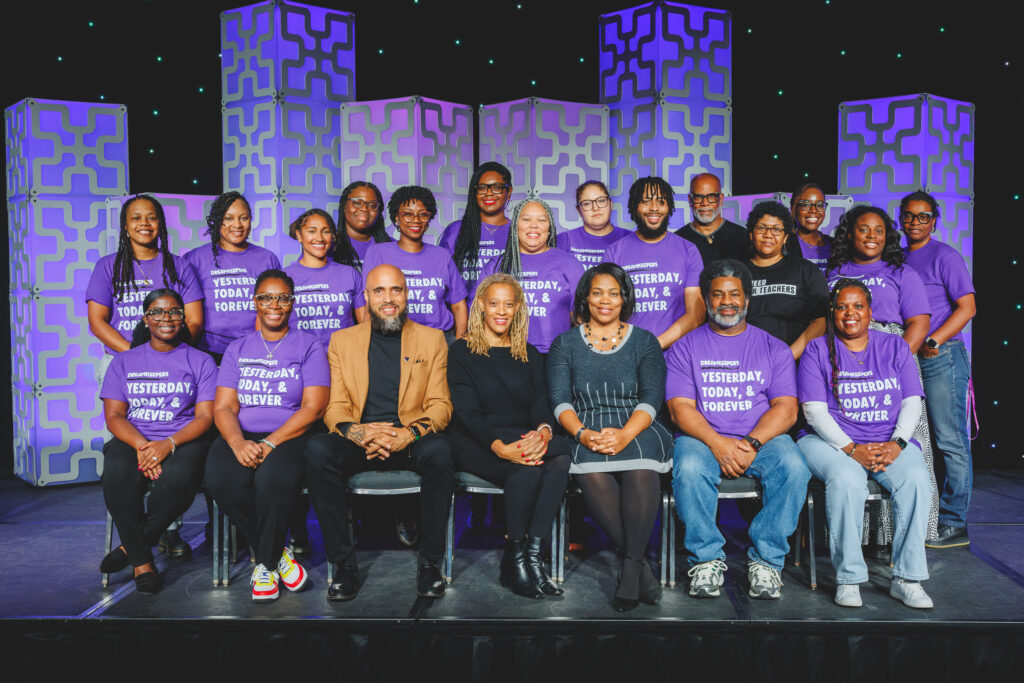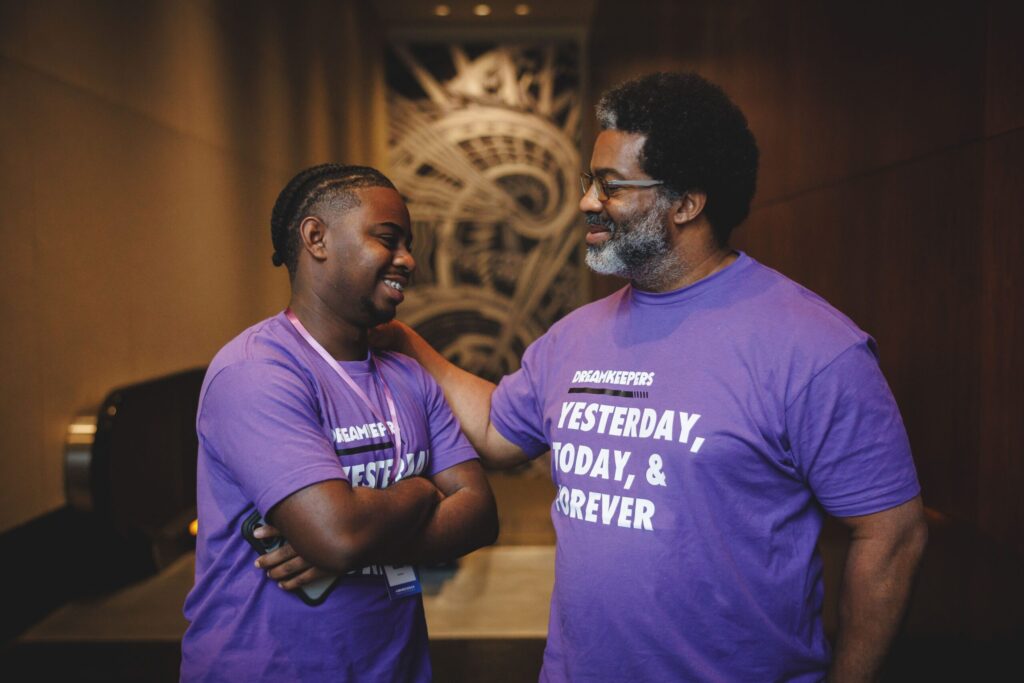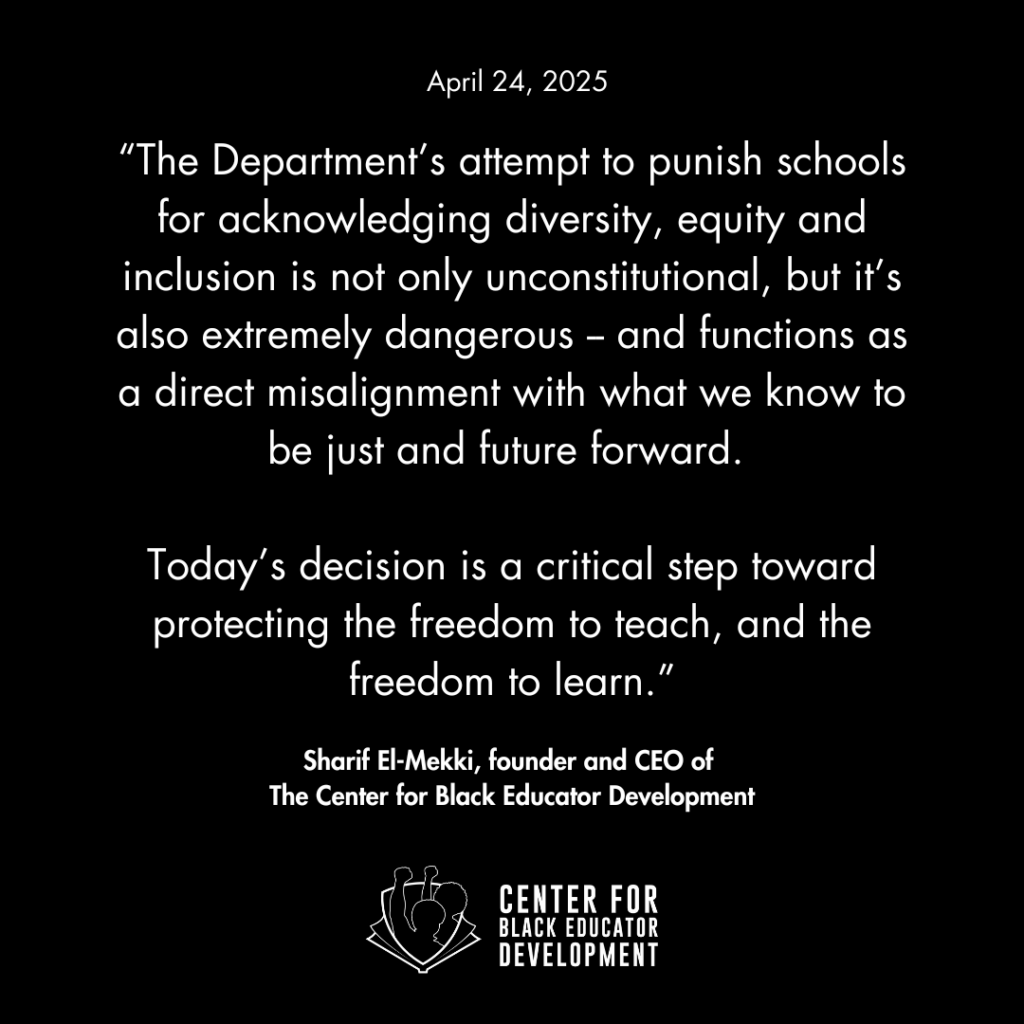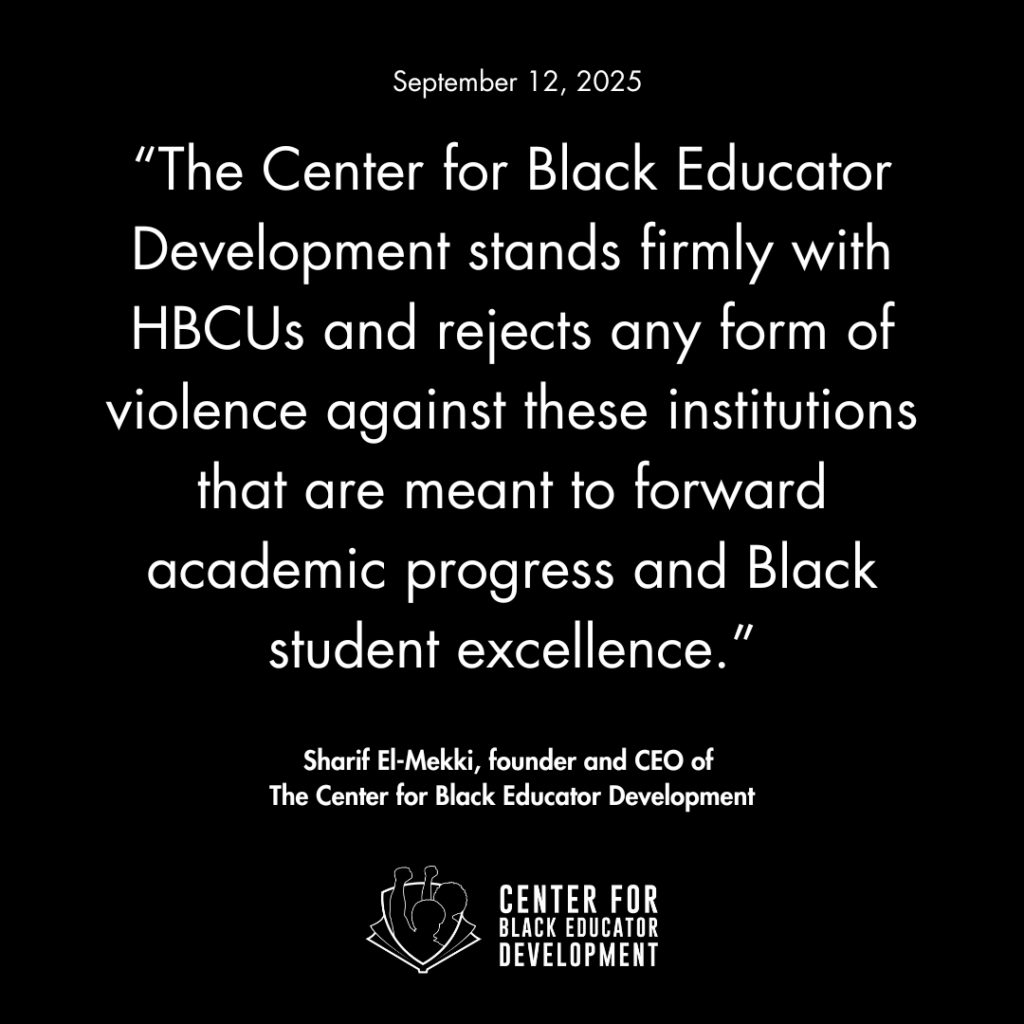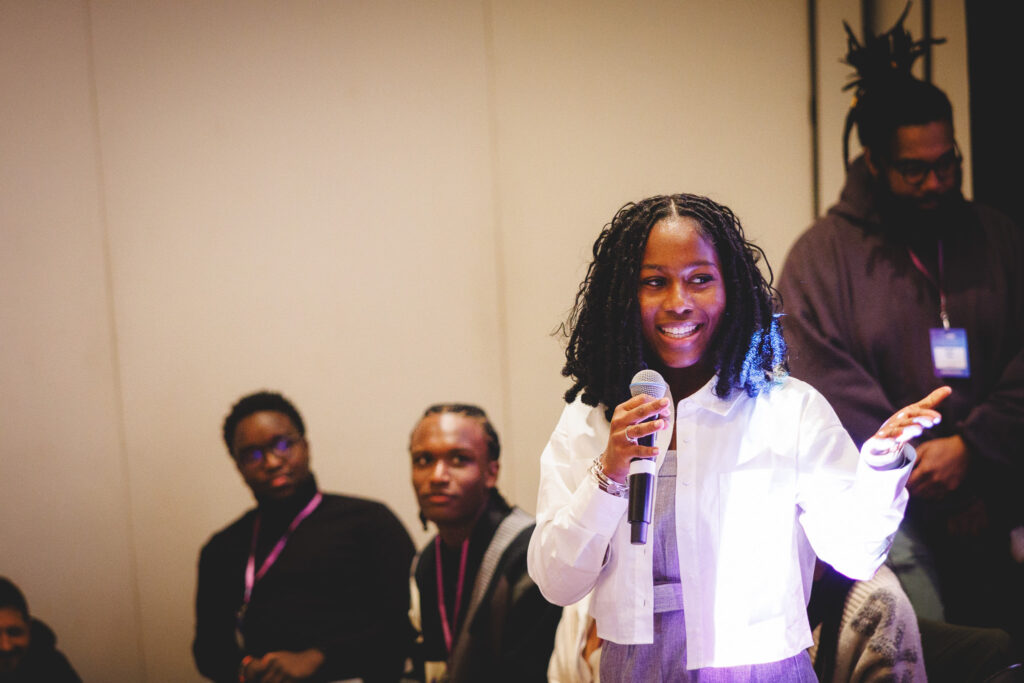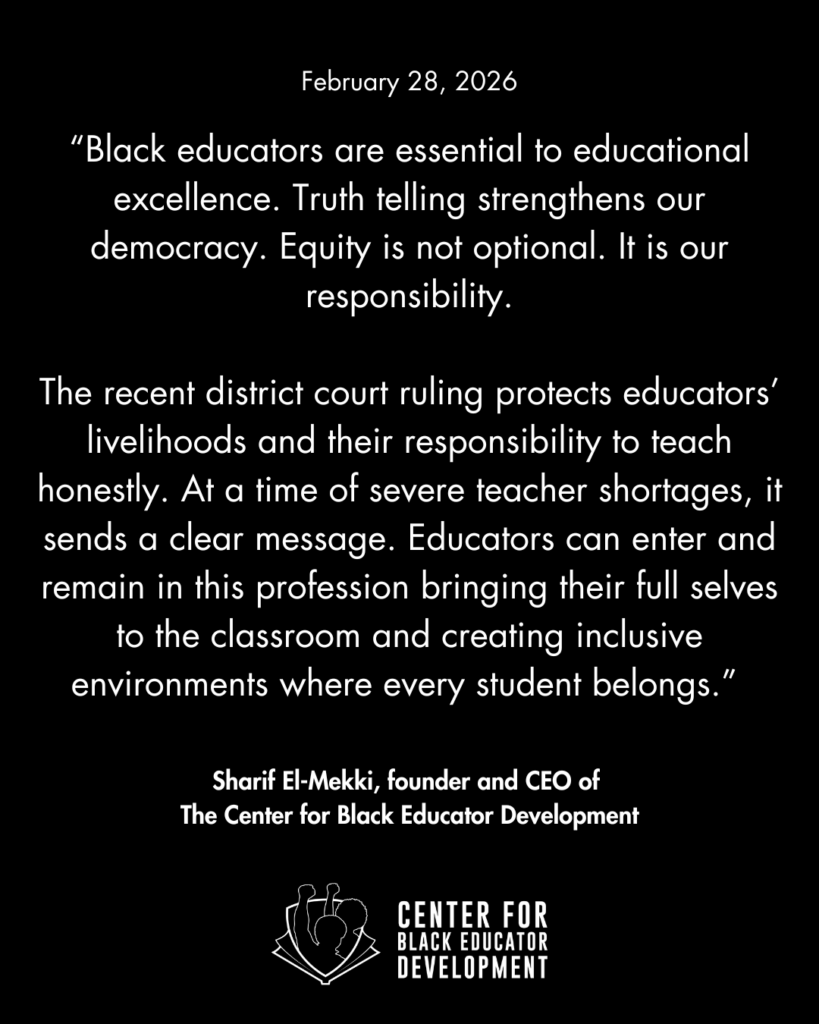Black Educators Can Help Decrease Drop Out Rates, Increase College Readiness. So This Philadelphia Man Created a Pipeline to Increase Number of Black Teachers In Classrooms

By Kavontae Smalls, Atlanta Black Star
According to the National Center for Educational Statistics, only 7 percent of teachers in the U.S. are Black, a problem veteran educator, Sherif El-Mekki, is trying to improve with the Center for Black Educator Development (CBED).
Launched in 2019, CBED was the brainchild of El-Mekki, who spent 26 years teaching and serving as a principal in Philadelphia before being awarded $300,000 by Philadelphia 76ers forward Tobias Harris to kickstart the program.
CBED sole purpose is to build a national pipeline for Black educators by recruiting Black high school and college students from across the country, building on their interest in teaching and social justice,
“A big part of that is engaging high school and college youth and helping them connect the dots between educational justice and racial justice around activism and the purest form of activism is by teaching Black children well,” said El-Mekki.
The 12-year program offers in-person and virtual mentorship and paid apprenticeships and provides real-life classroom experience for students while earning a teaching degree. The program also provides financial support for new teachers who completed the program during their first four years of teaching.
Since the program began, they’ve worked with 450 high school students and 70 college students and are working to continue growing their participants.
A 2018 study from John Hopkins University and American University found that Black students who have one Black teacher are more likely to go to college. The study also says, having at least one Black teacher in elementary school reduced the chances of dropping out of school by 29% among low-income Black students and by 39 percent for very low-income Black boys.
Research from the Center for American Progress found Black students with Black teachers are less likely to be labeled disruptive and their academic abilities are more likely to be perceived favorably. with disciplined more harshly and more likely to be tapped for gifted and talented programs if Black teachers are present.
“[Black students with Black teachers] also have access to more rigorous coursework whether it’s Advanced Placement, International Baccalaureate, honors class, better attendance, better grades, better test scores a higher sense of belongingness all of those things happen during that year and long-term, up to 29 percent more likely to go to college and for Black boys that struggle with poverty, up to 39 percent less likely to drop out of high school,” said El-Mekki.
El-Mekki says he has been approached by schools with the belief CBED has a slew of Black teachers at the ready, but he reminds them that’s not quite the case at least not yet. “We do not have Black teachers in our back pocket but what we do is have a strategy and curriculum and a model to help you develop a Black teacher pipeline,” he said.
In discussions with other schools interested in boosting the number of Black educators within their ranks, El-Mekki reminds them it is important the right inclusive and supportive environment is in place to not only attract Black teachers but also retain them year after year.
“Address potential hostile work environments,” El-Mekki said of key issues holding school districts back from keeping Black teachers. “They’ve not addressed racial biases and hiring practices and retention practices and leadership lattices and support so there are so many different things and for a pipeline the best recruitment strategy is a strong retention plan.”
“This is just the beginning on changing the narrative for our young people to think and see education as something not only viable but totally obtainable too,” said Mimi Woldeyohannes, Director of Strategic Partnerships, CBED.
In September, CBED launched the “We Need Black Teachers” campaign, where they are looking to add 21,000 Black high school and college students to flow into the pipeline.
Apart from pedagogy, one ongoing area of critical focus for many Black educators is increasing the number of Black students entering the field of education. With research showing the importance of educator role models within a child’s own community, The need has never been more pressing. Despite a Black population comprising 13.4% of the total U.S. population, only 7.3% of bachelor’s degrees conferred in the field of education were earned by Black students in 2019.


